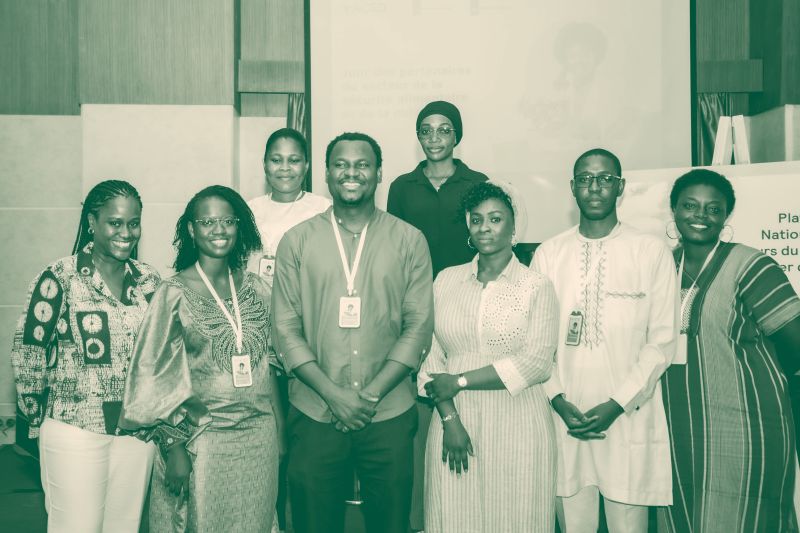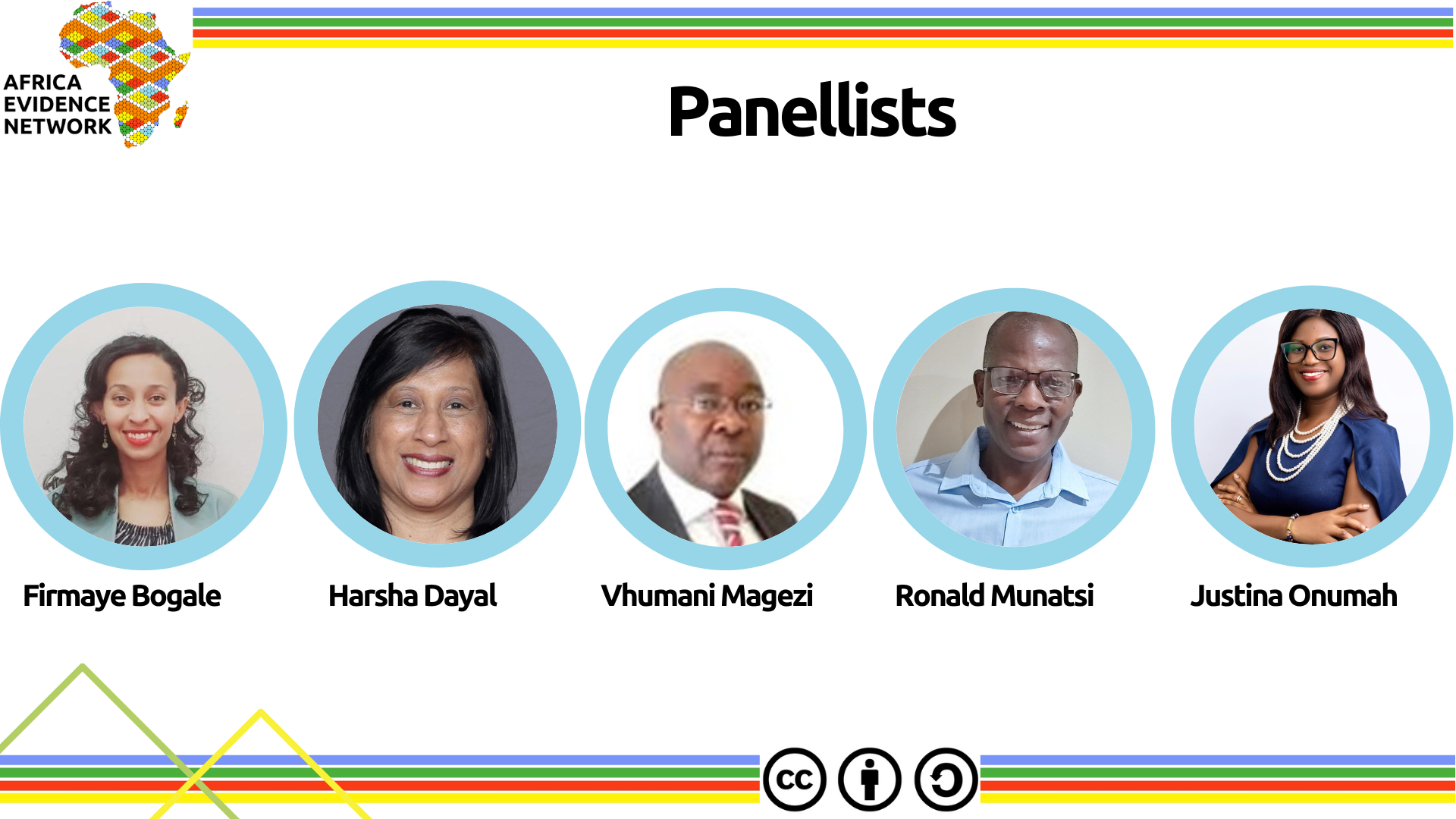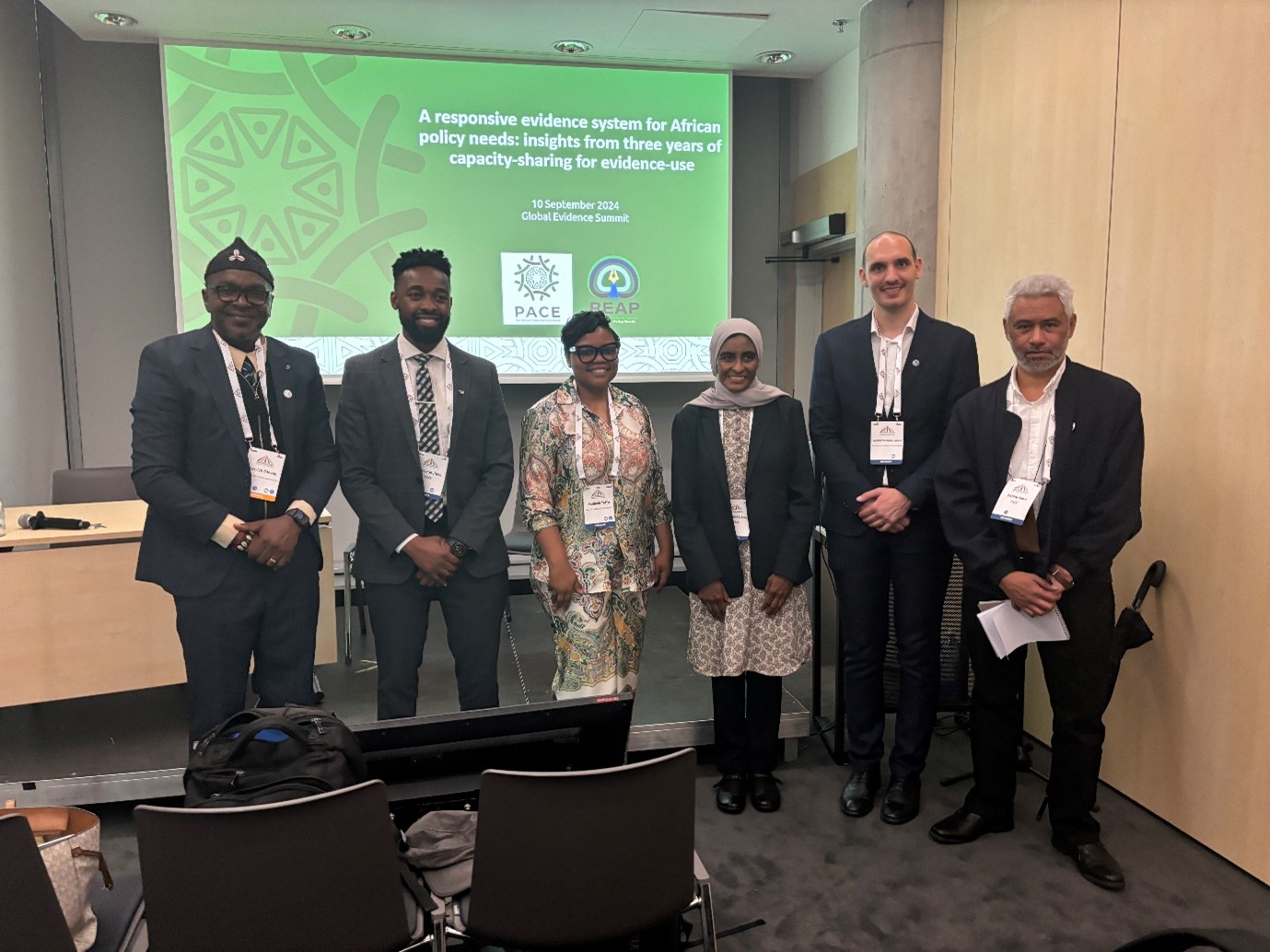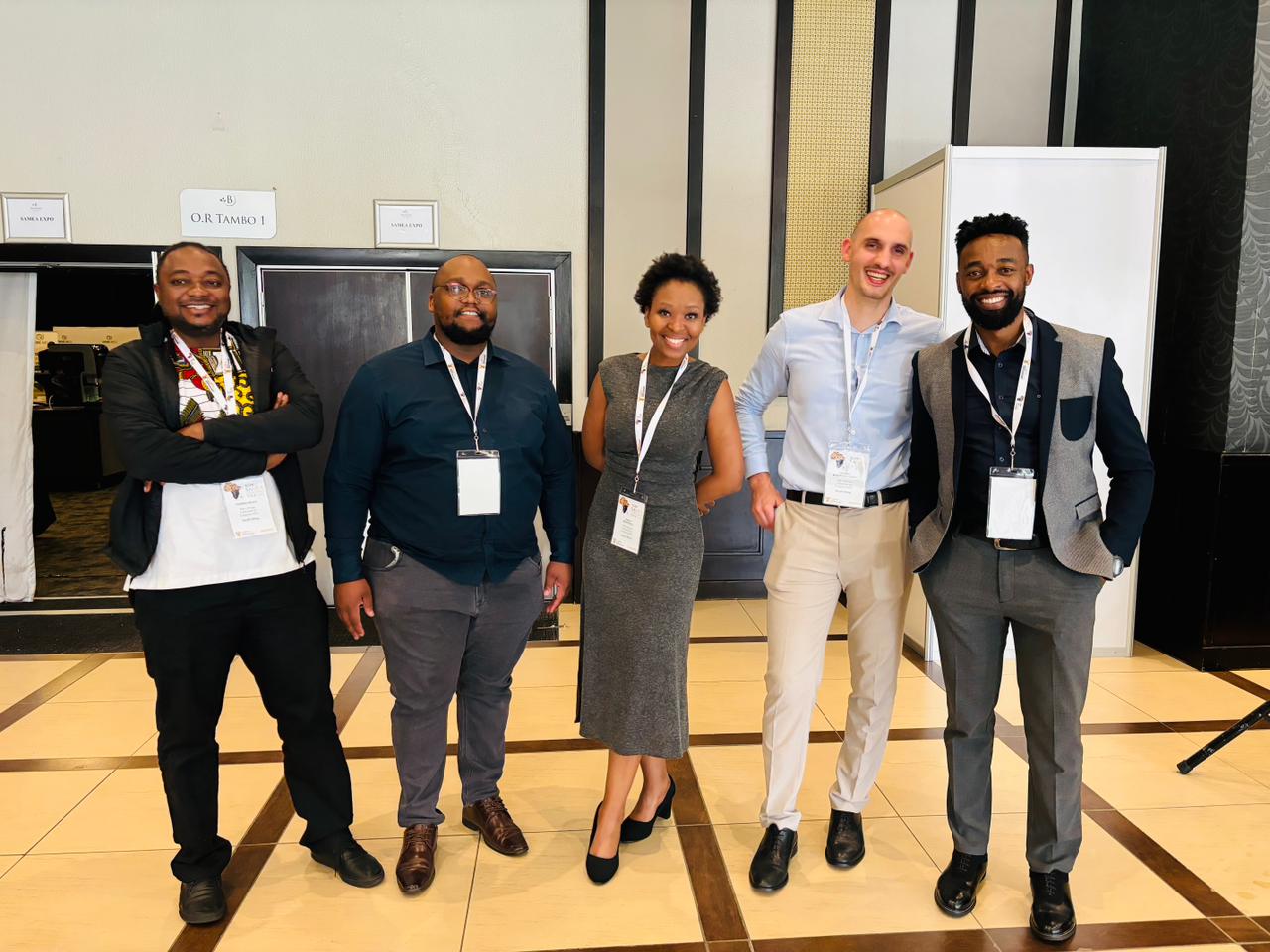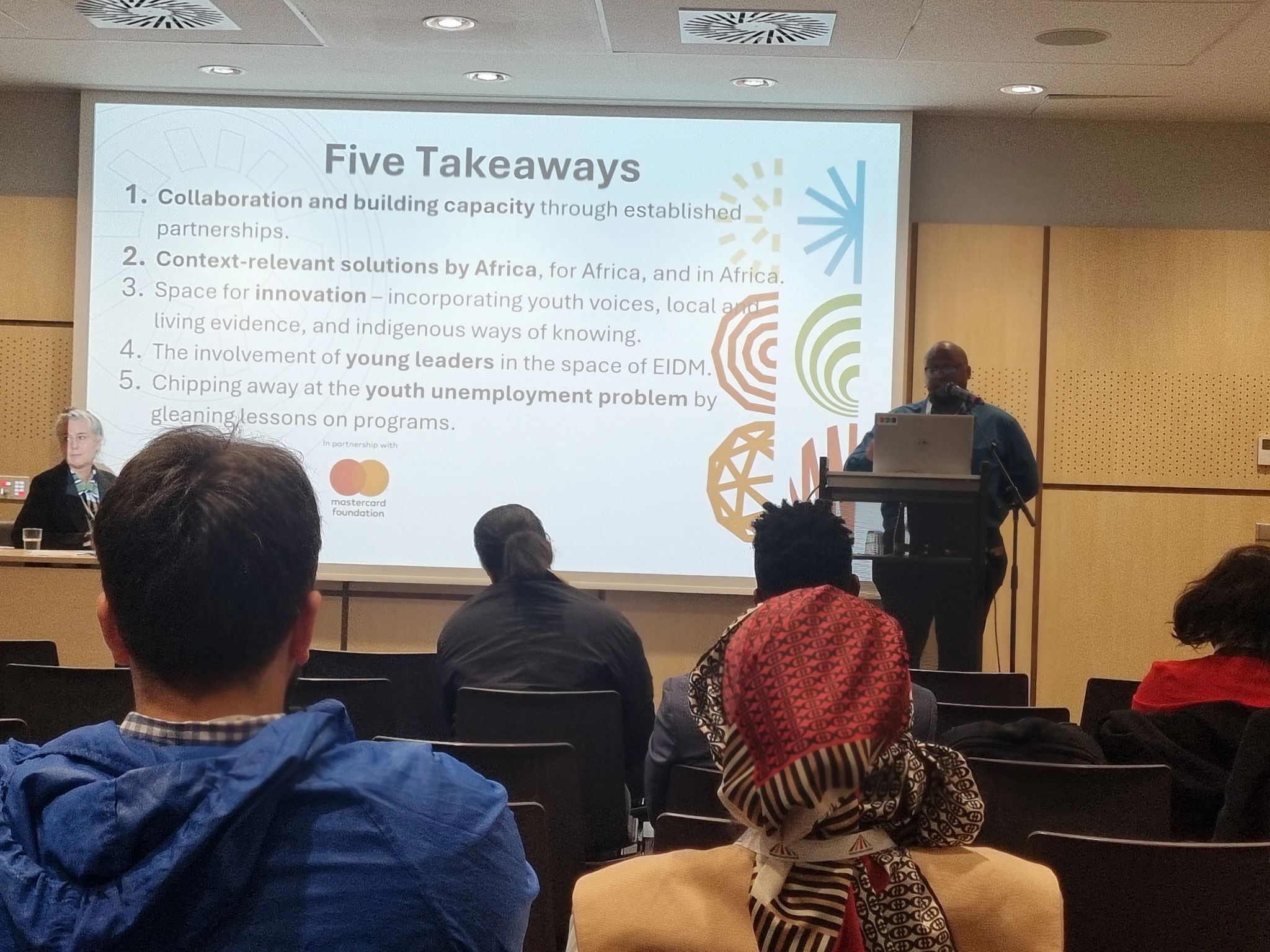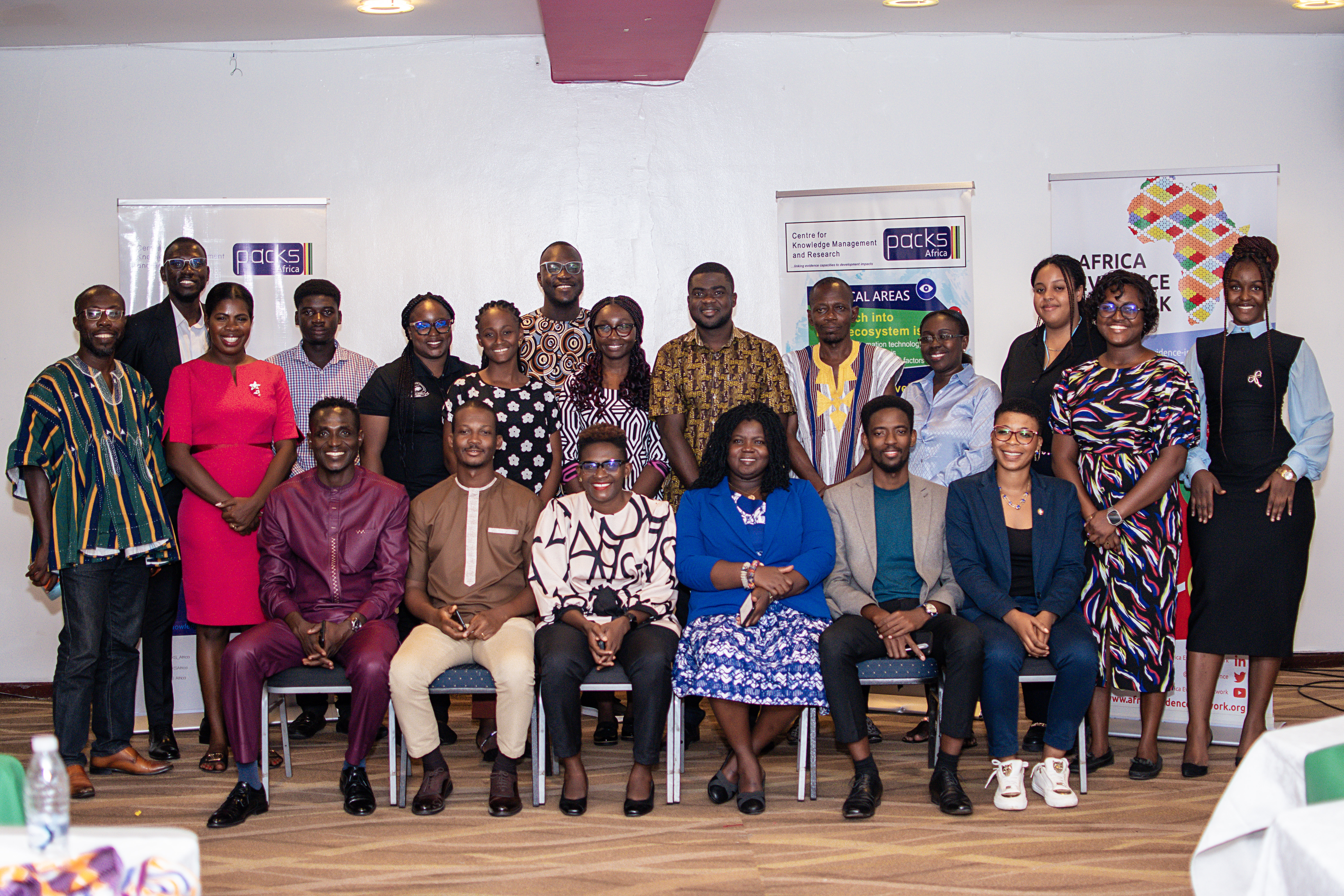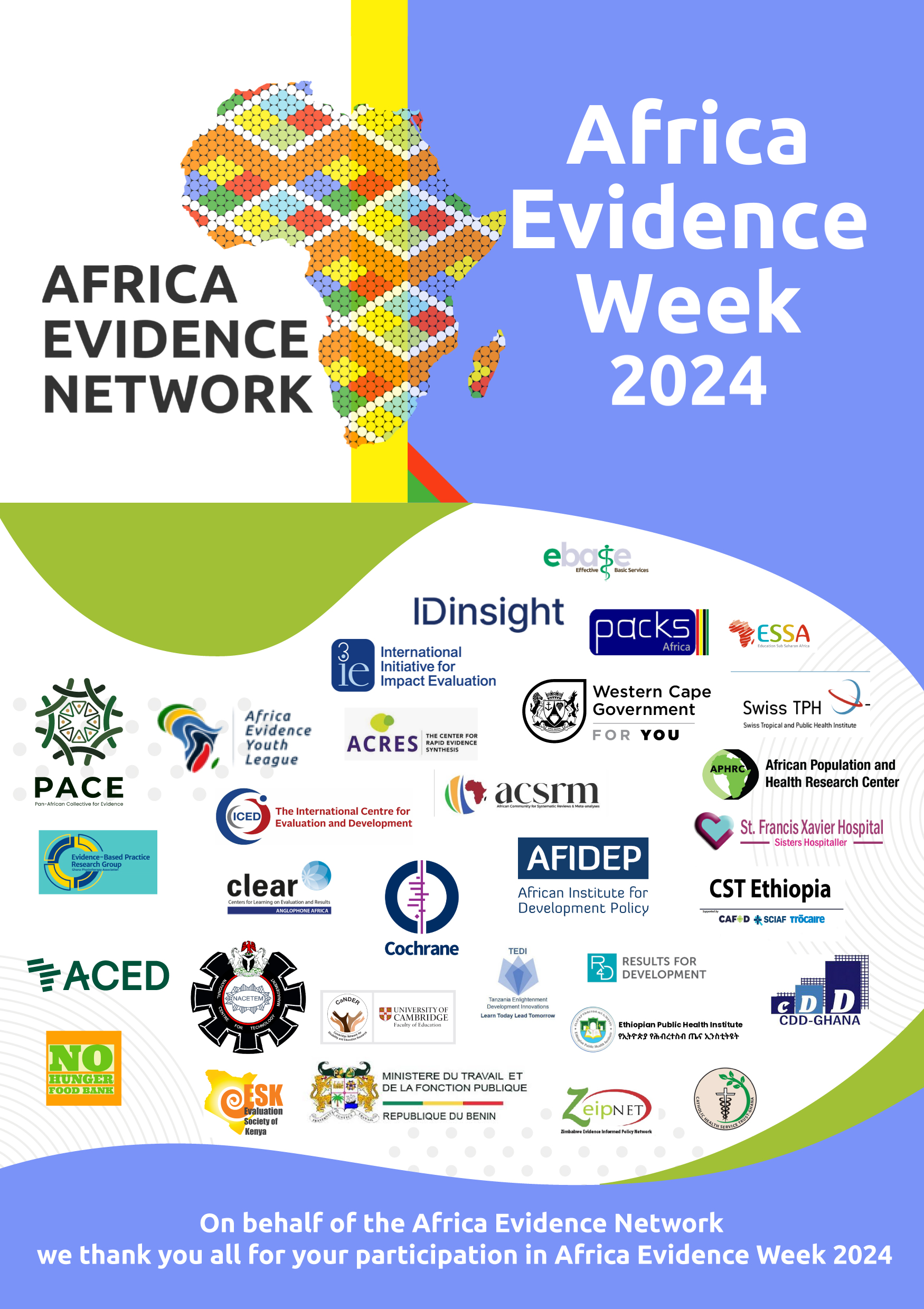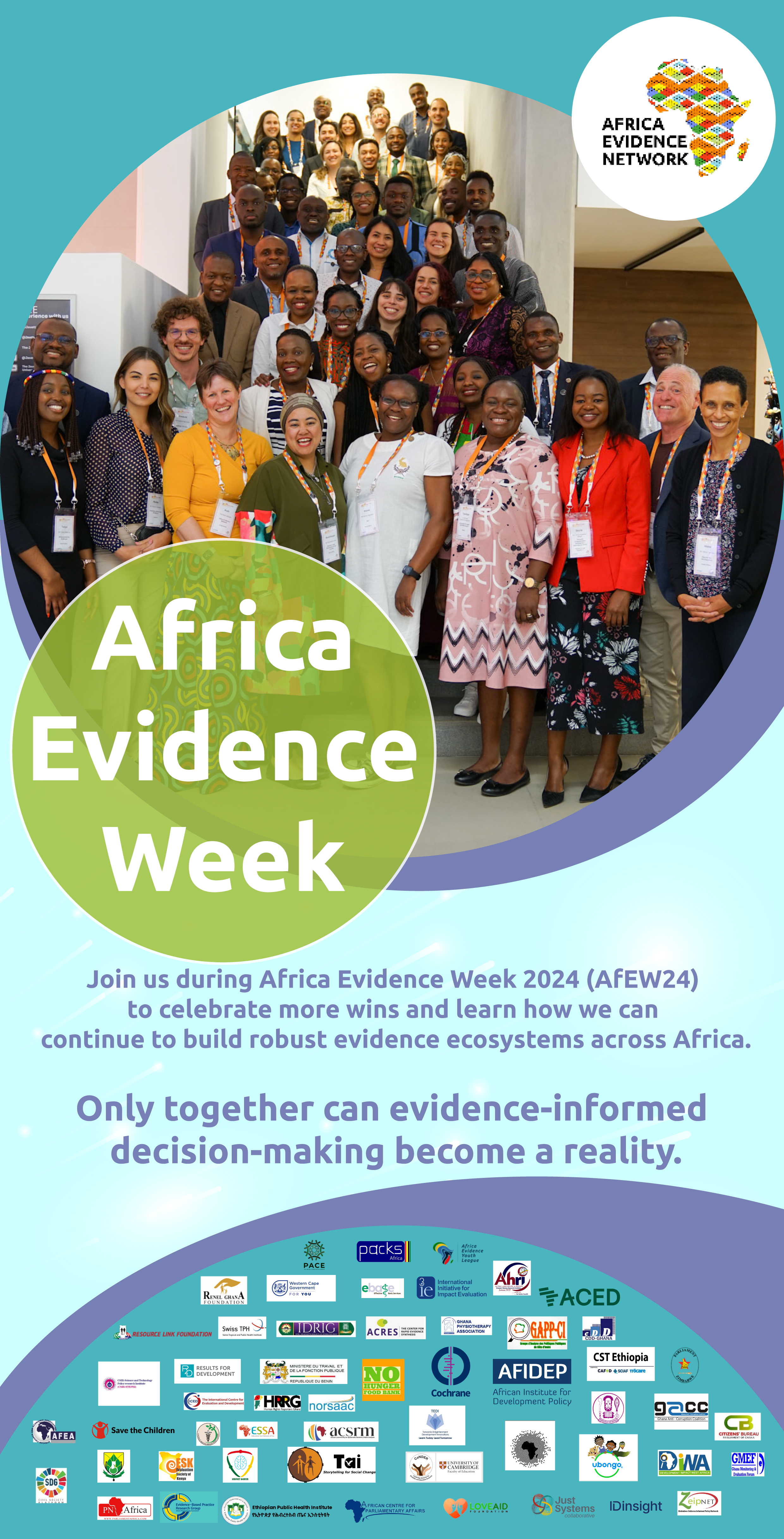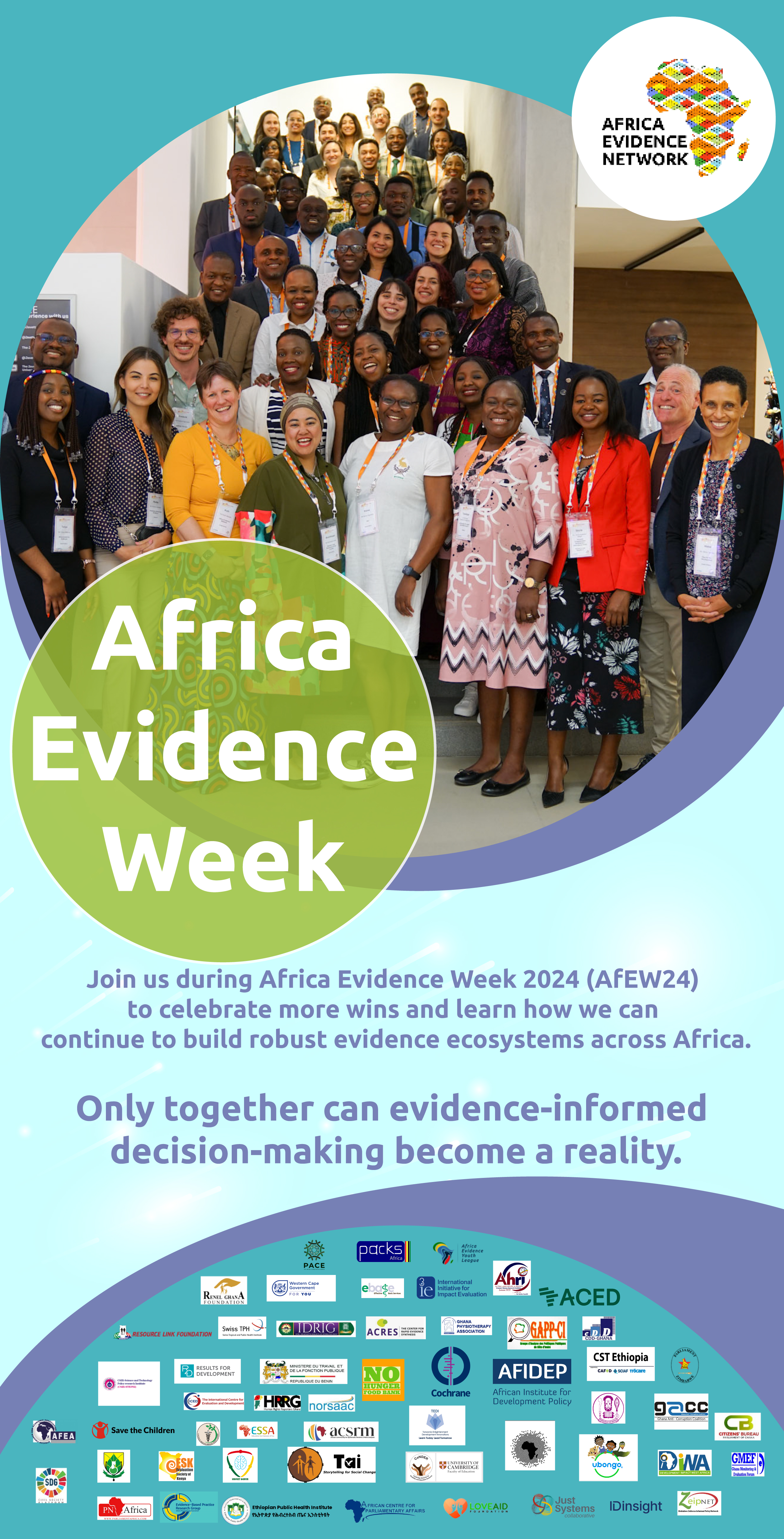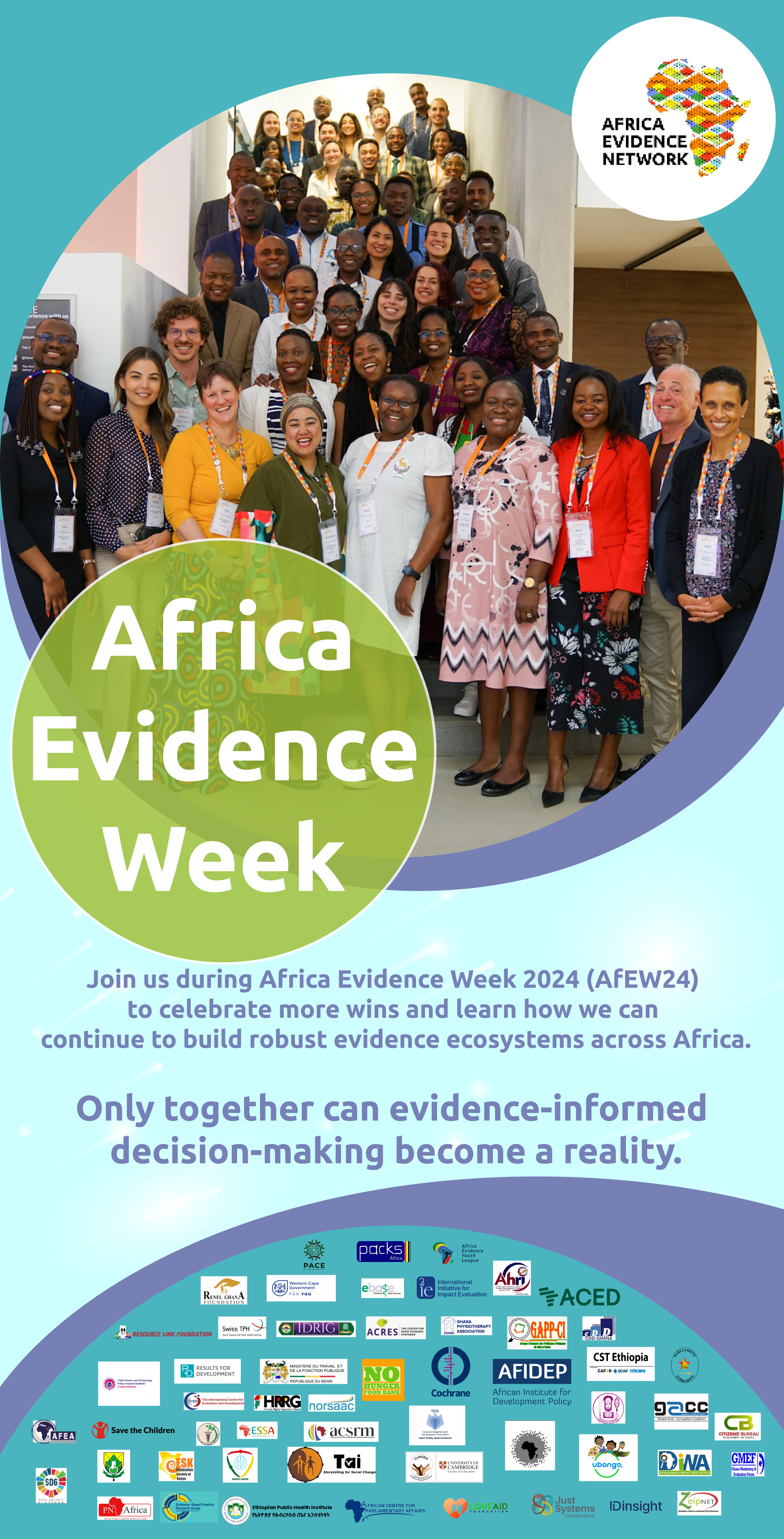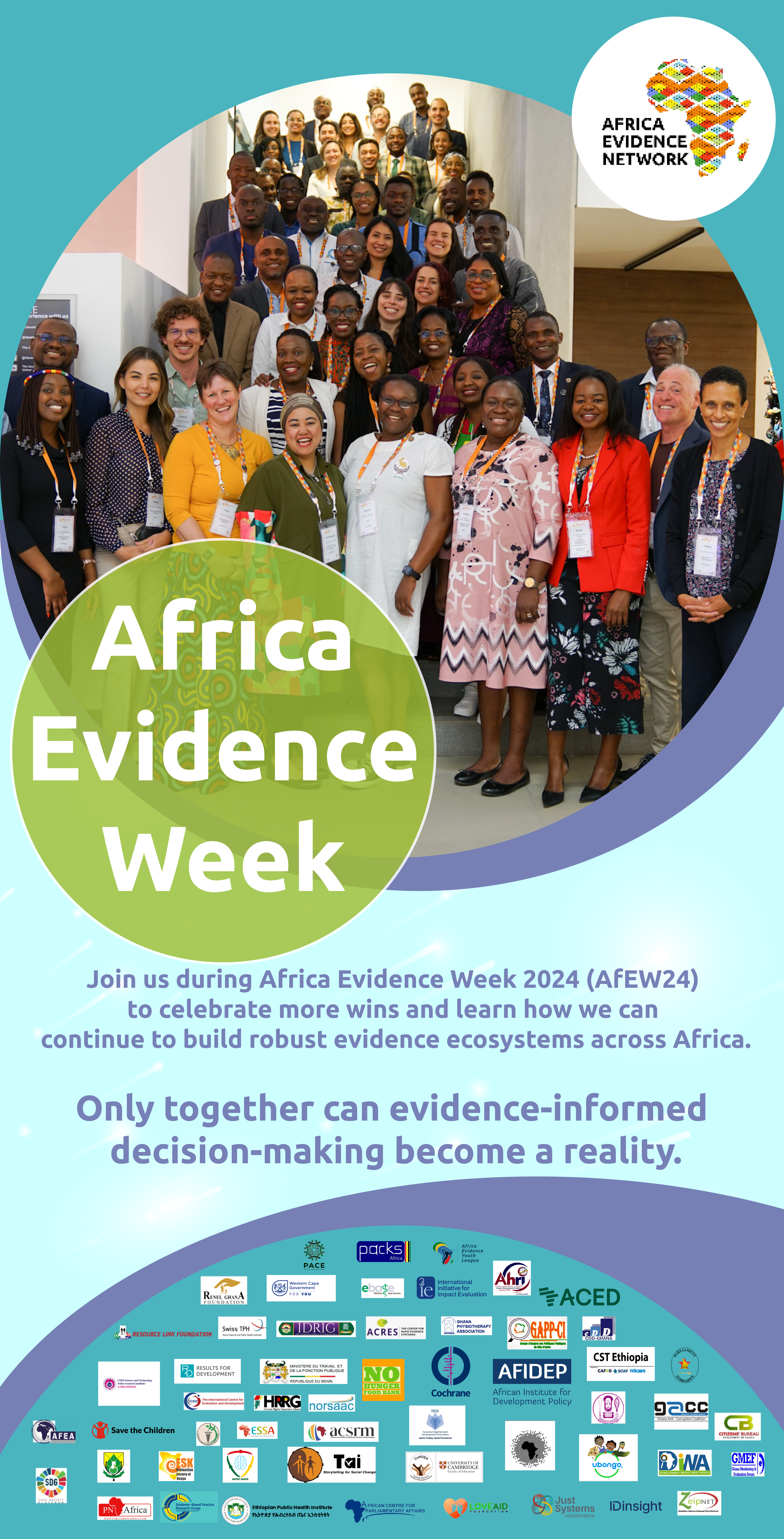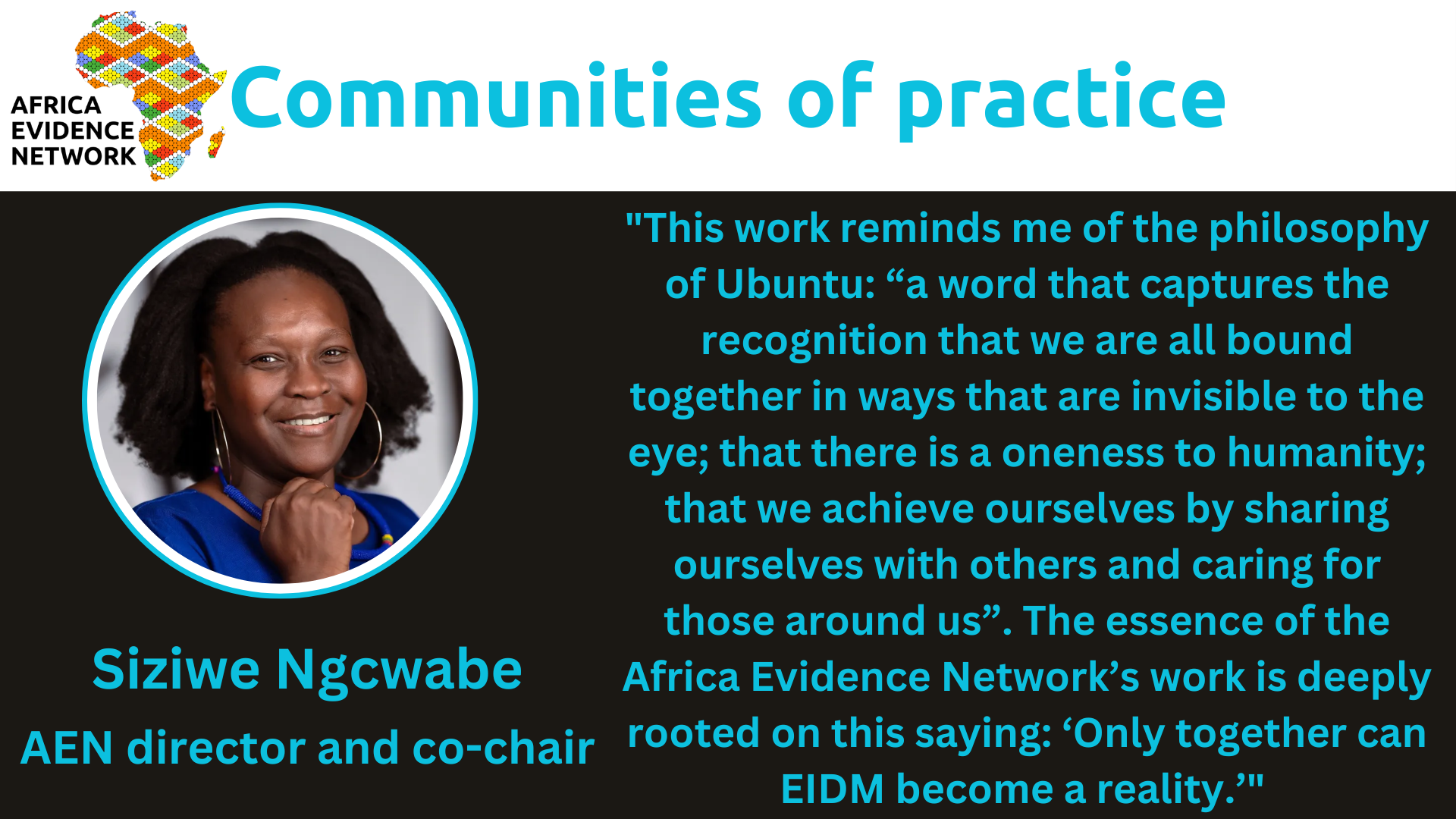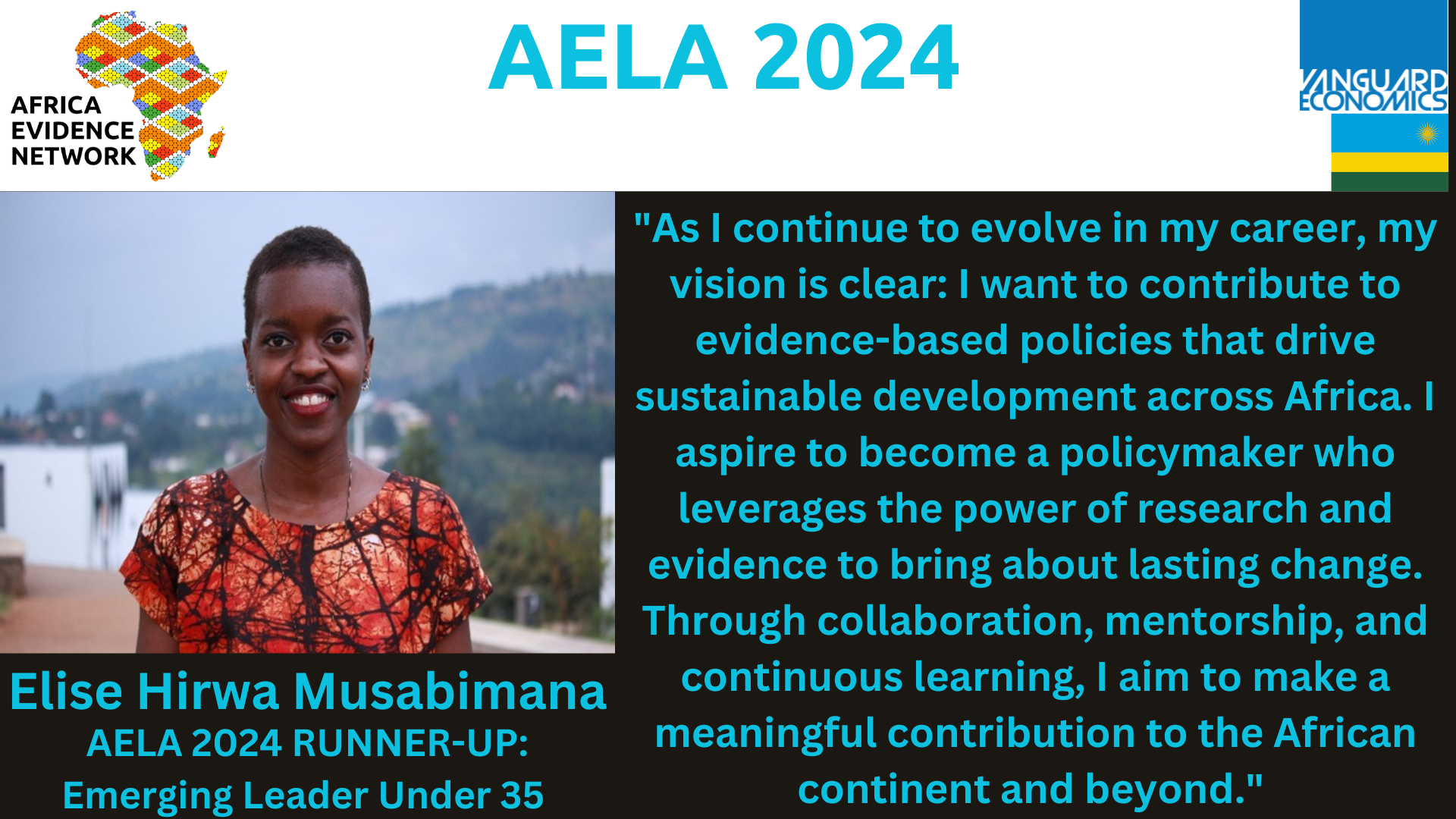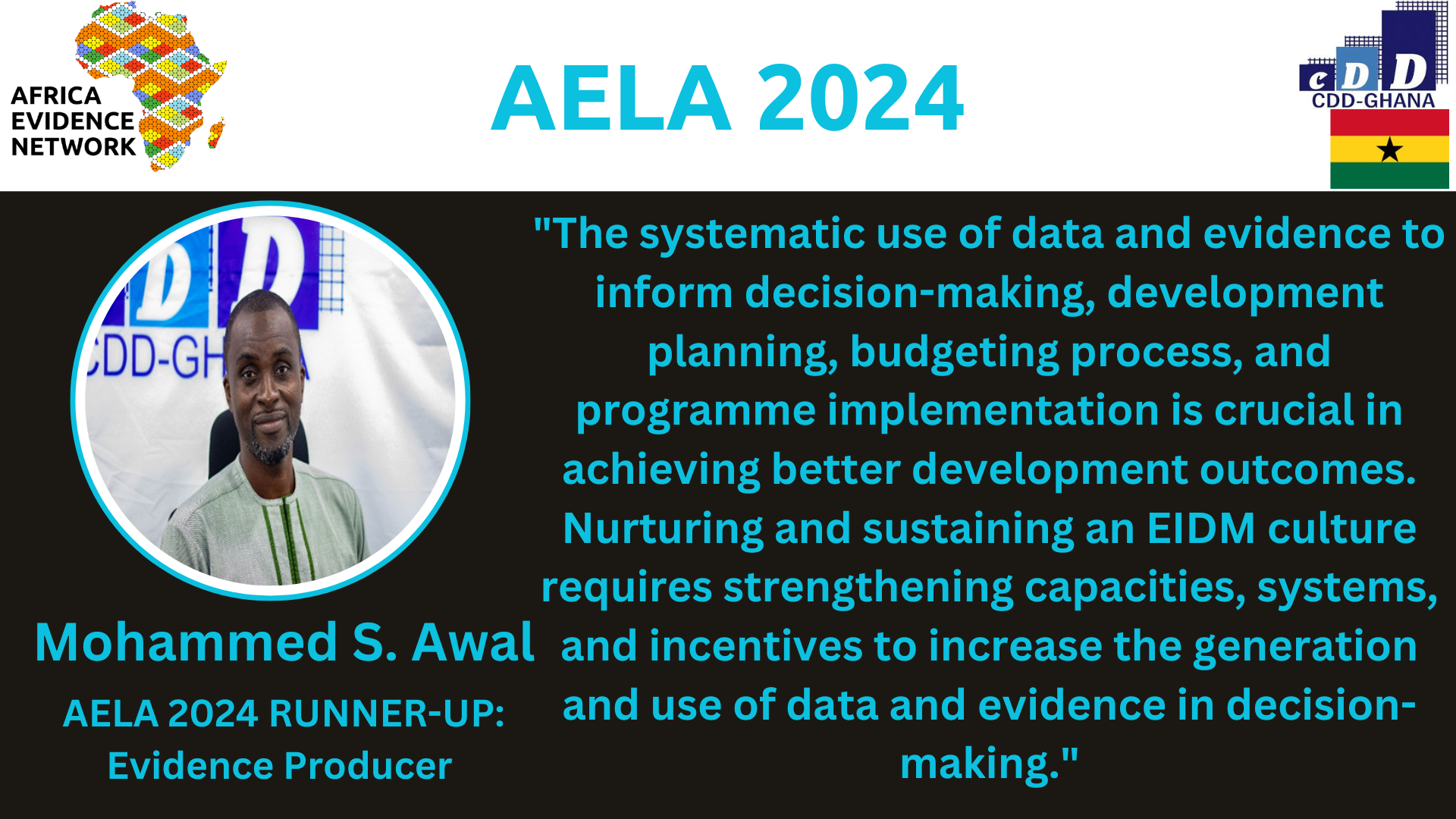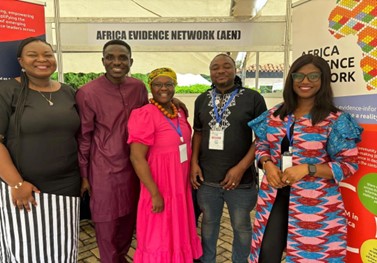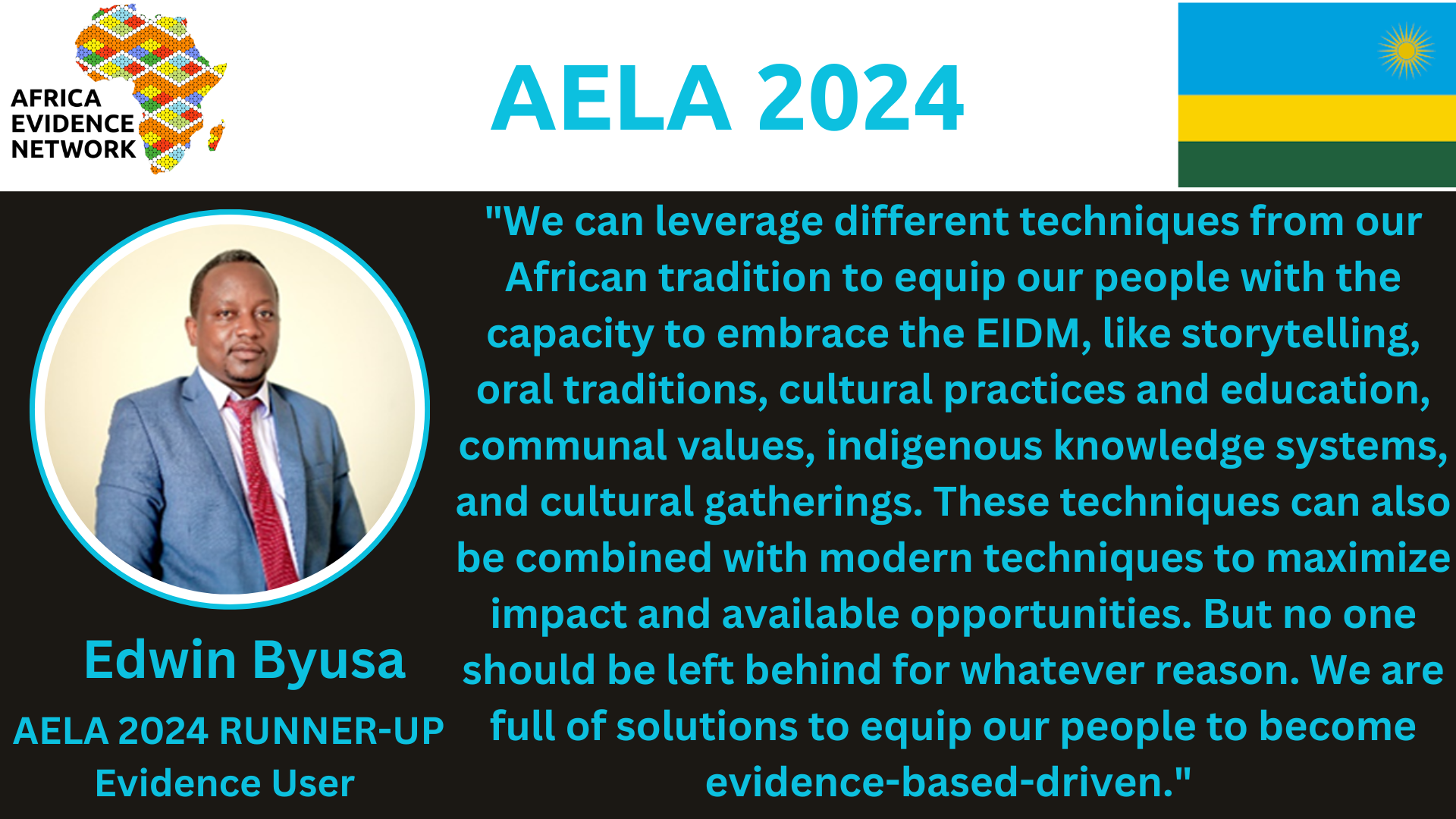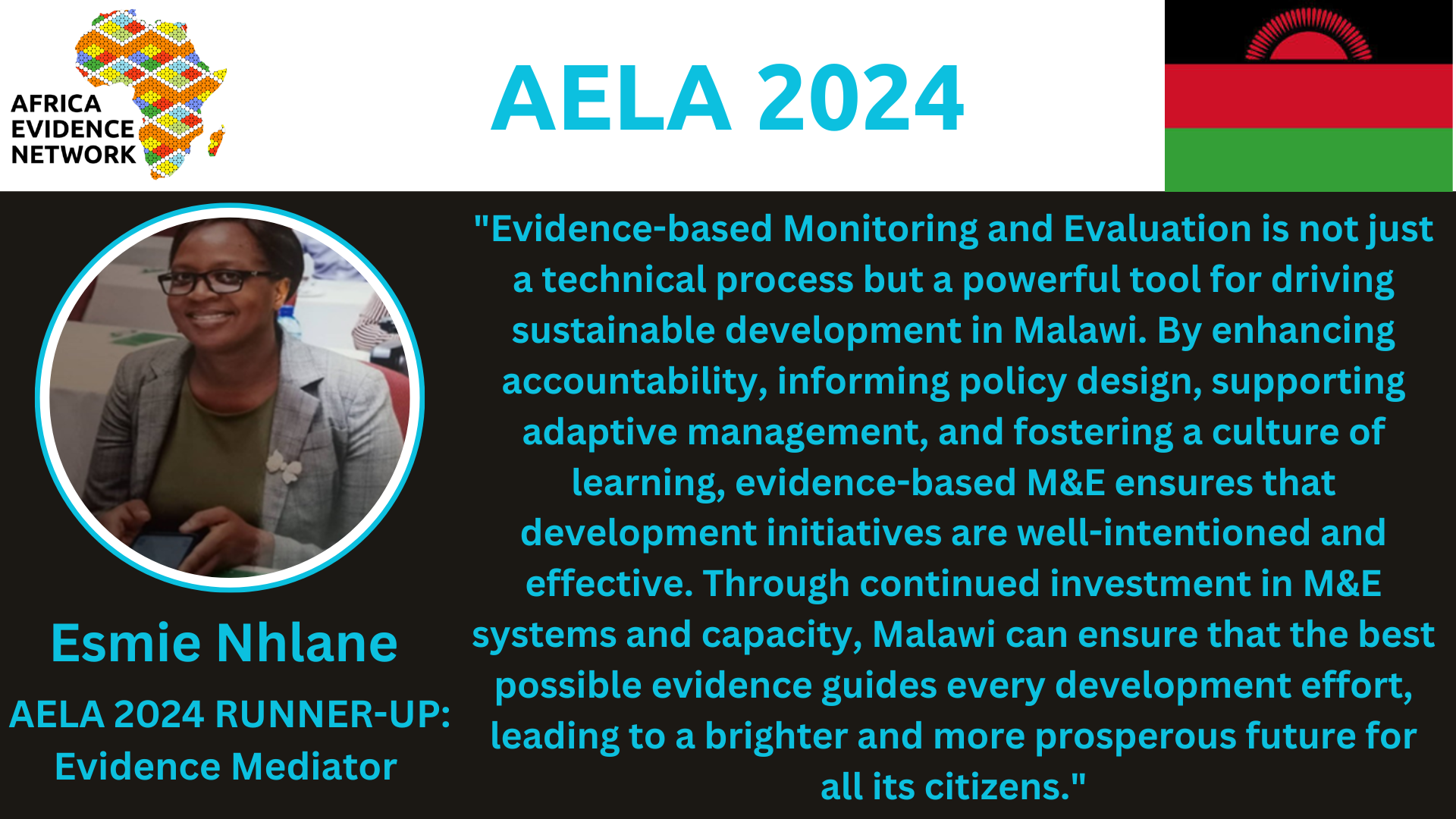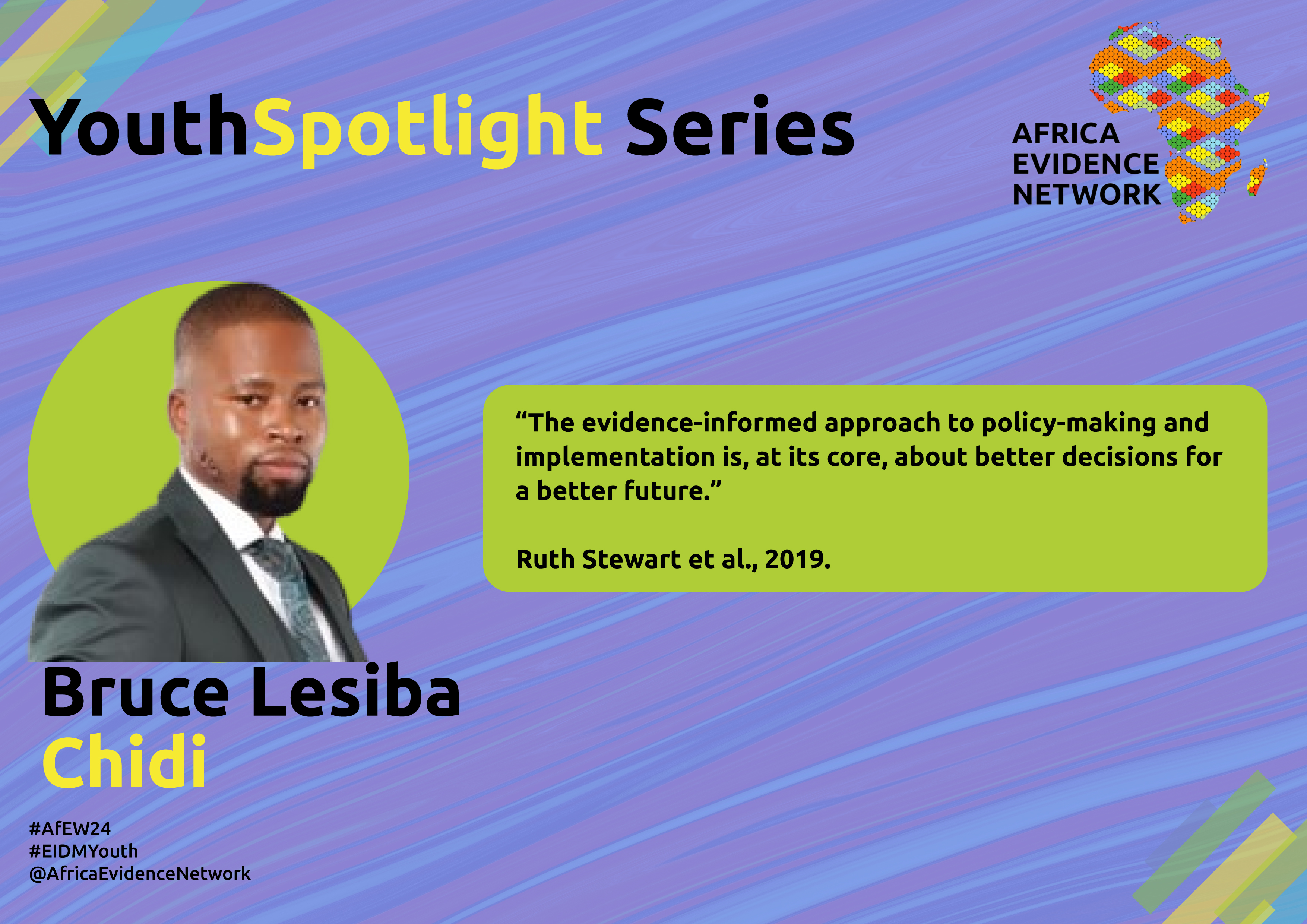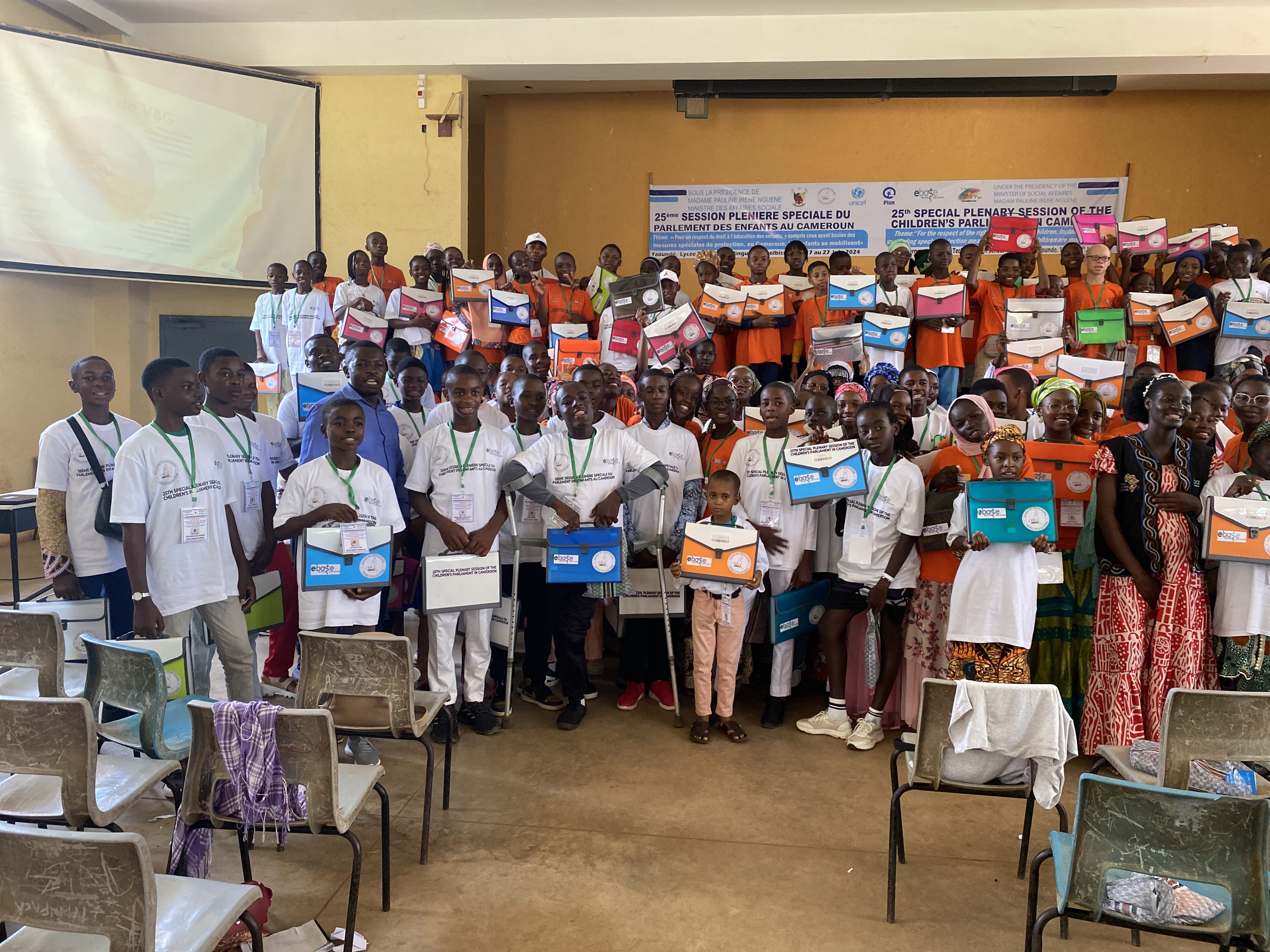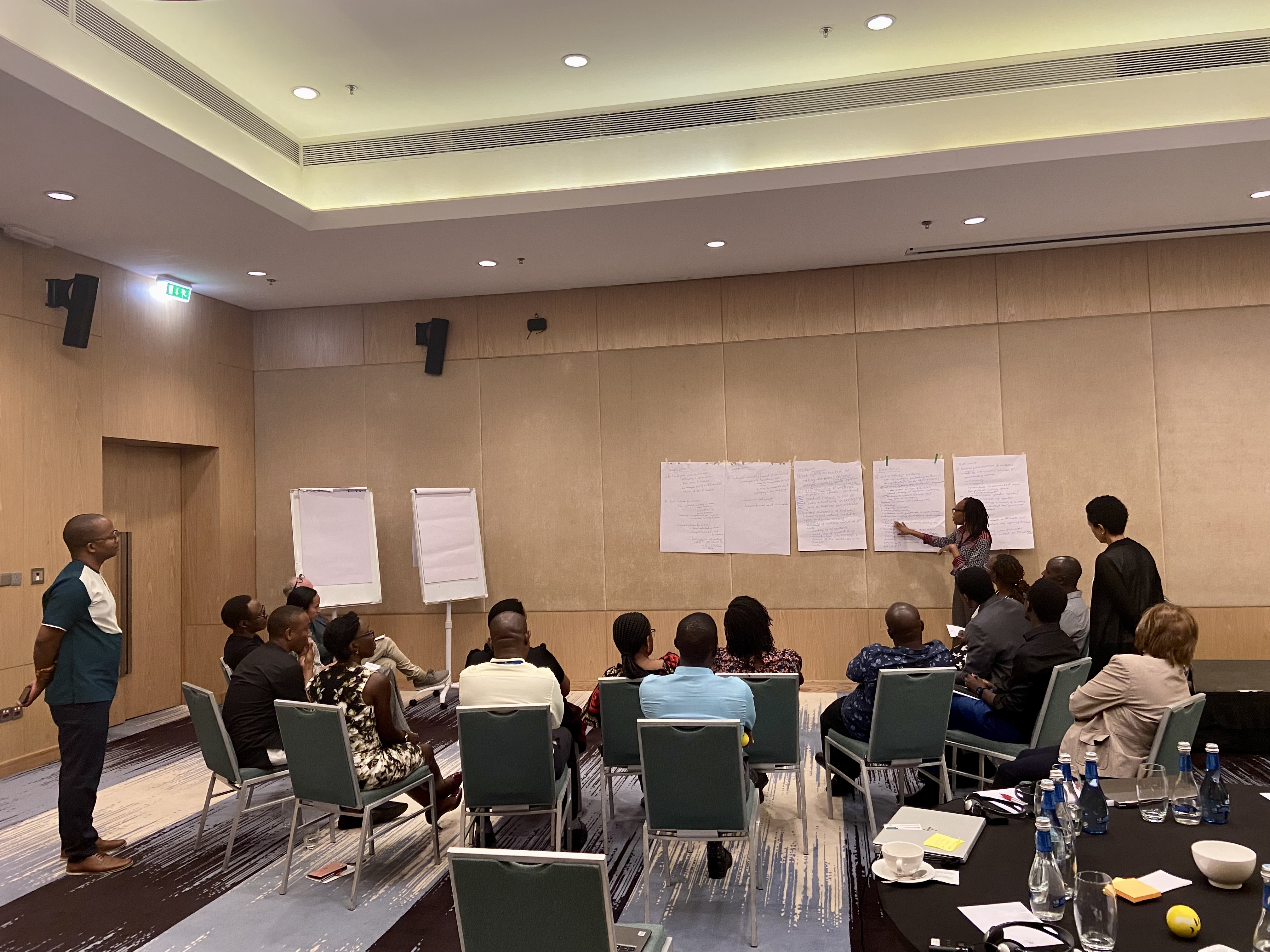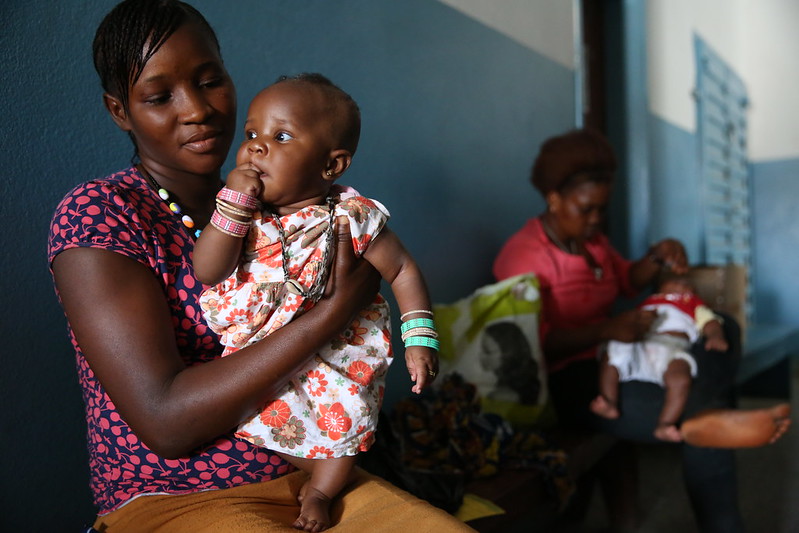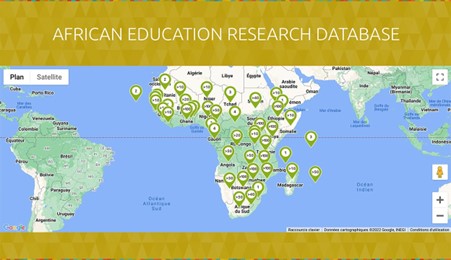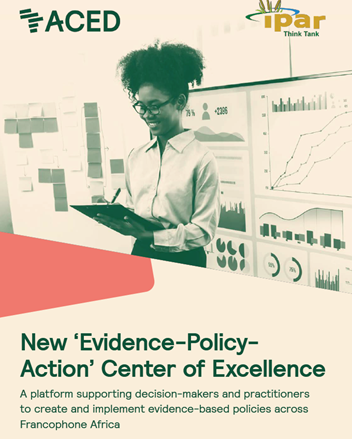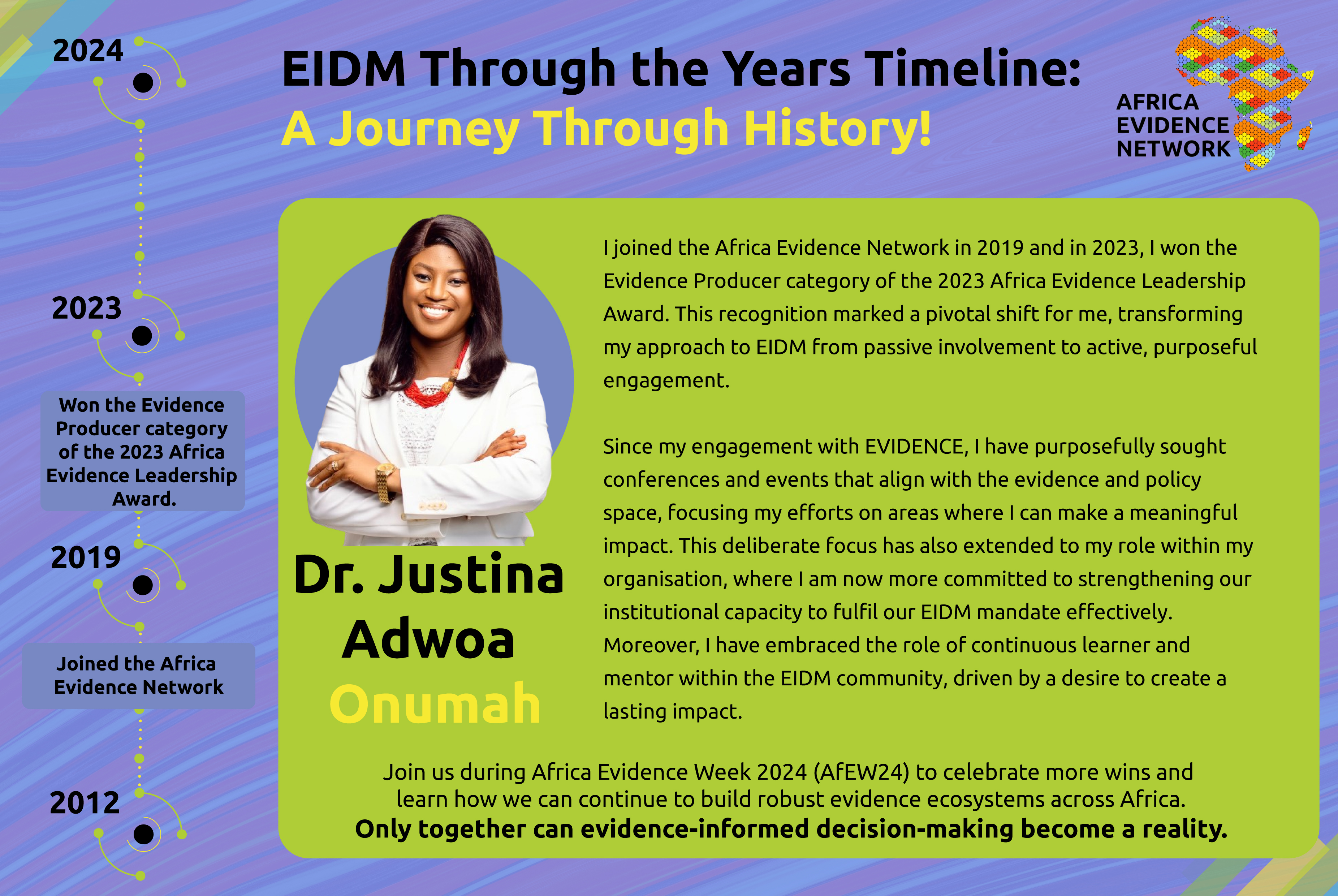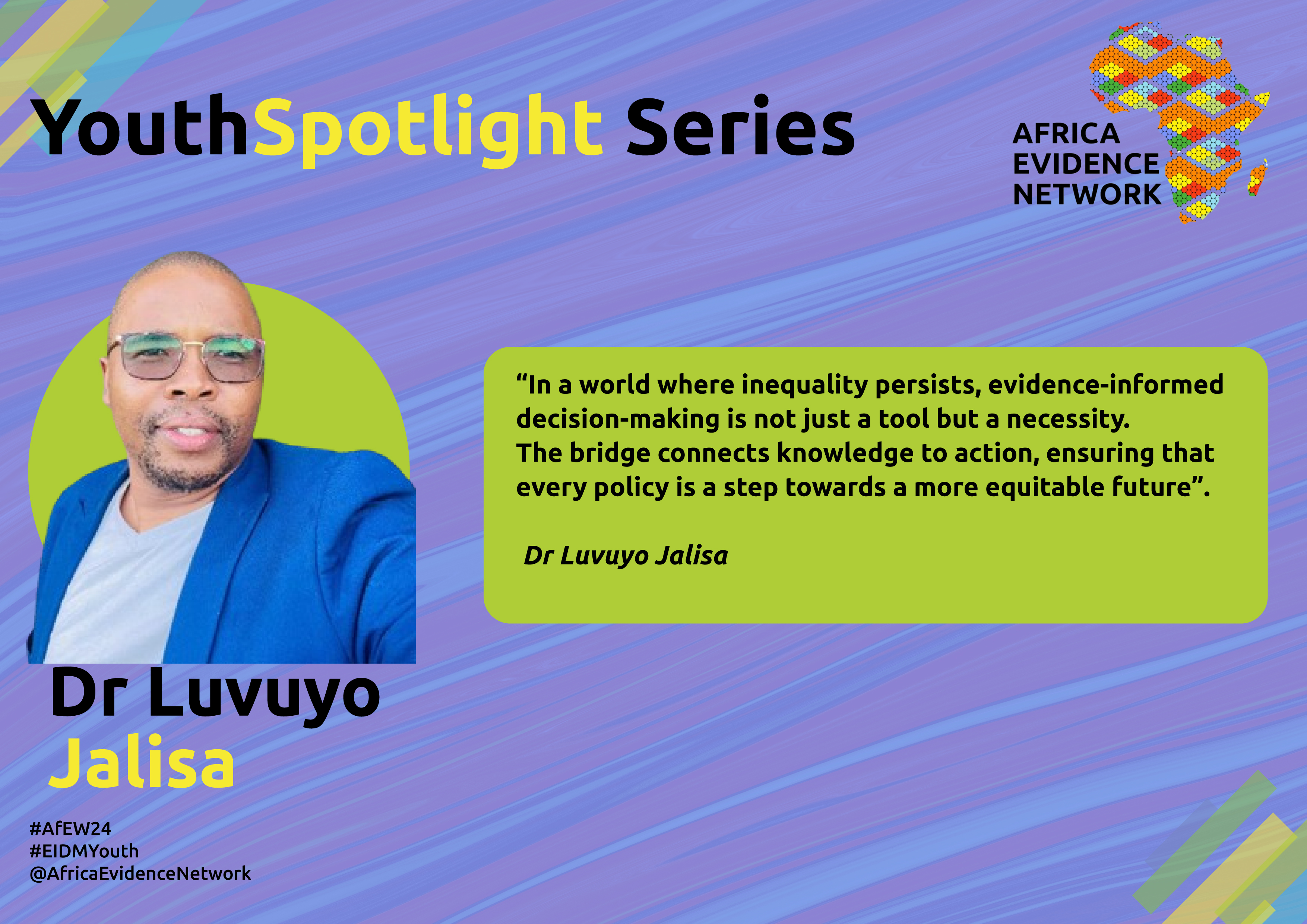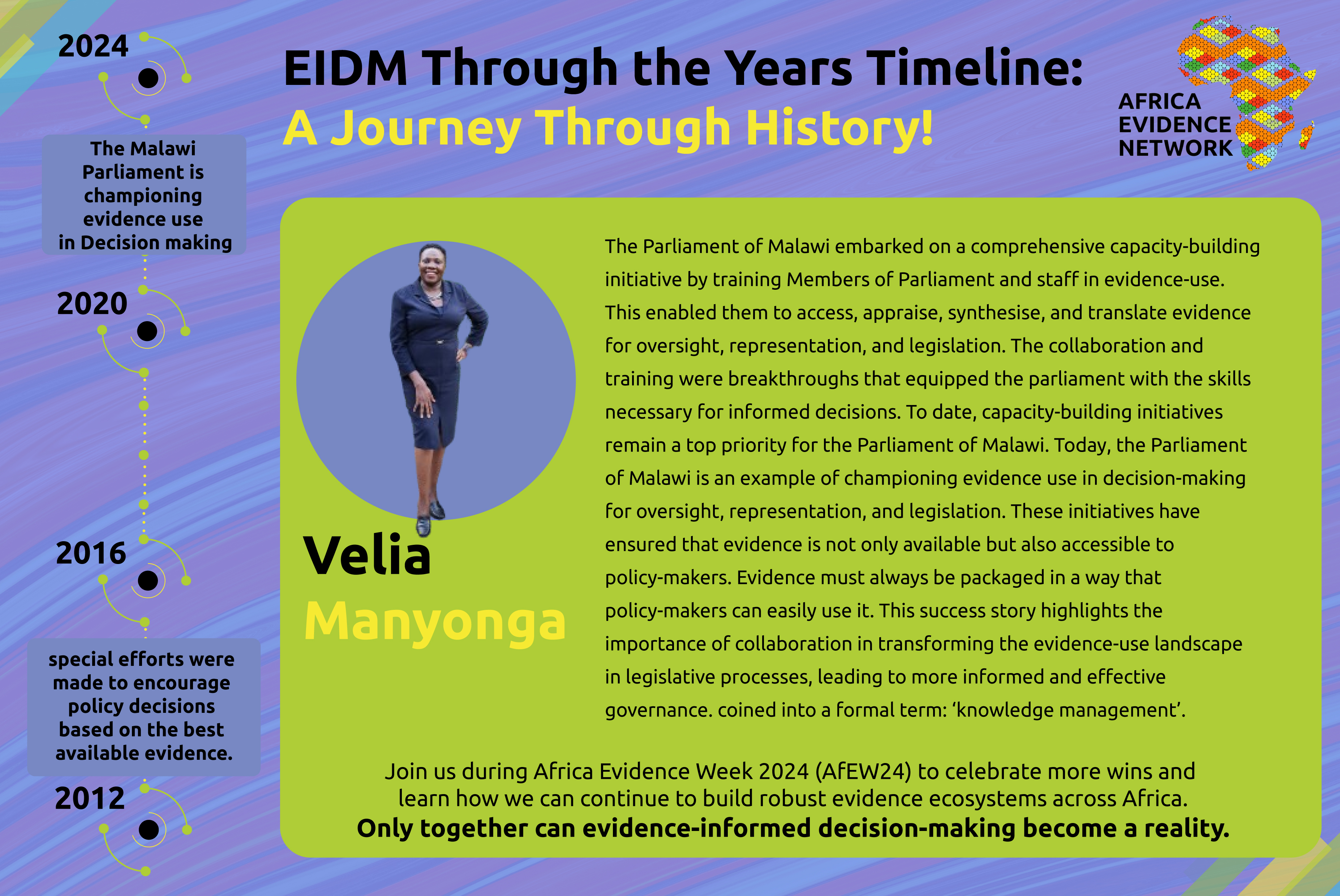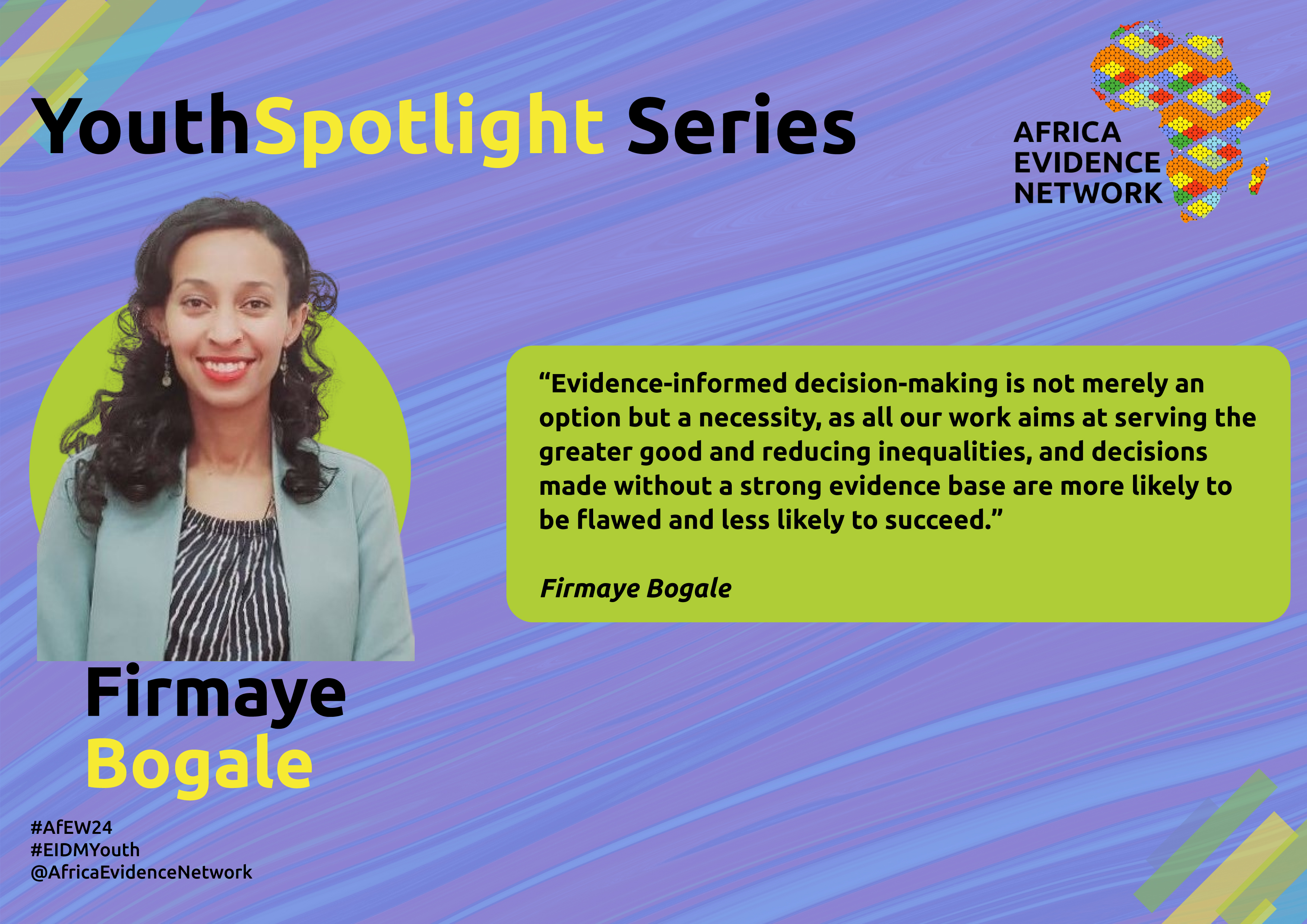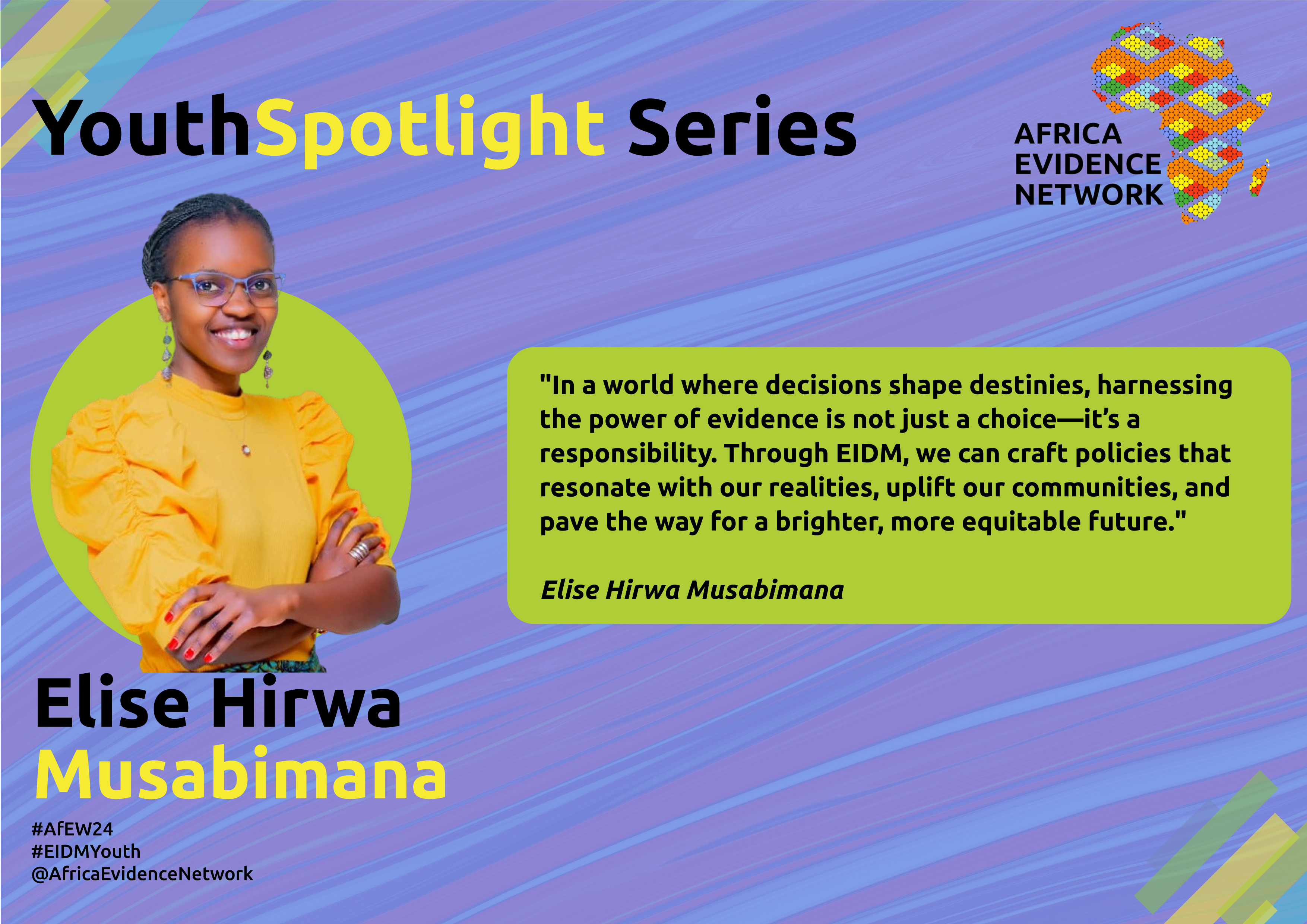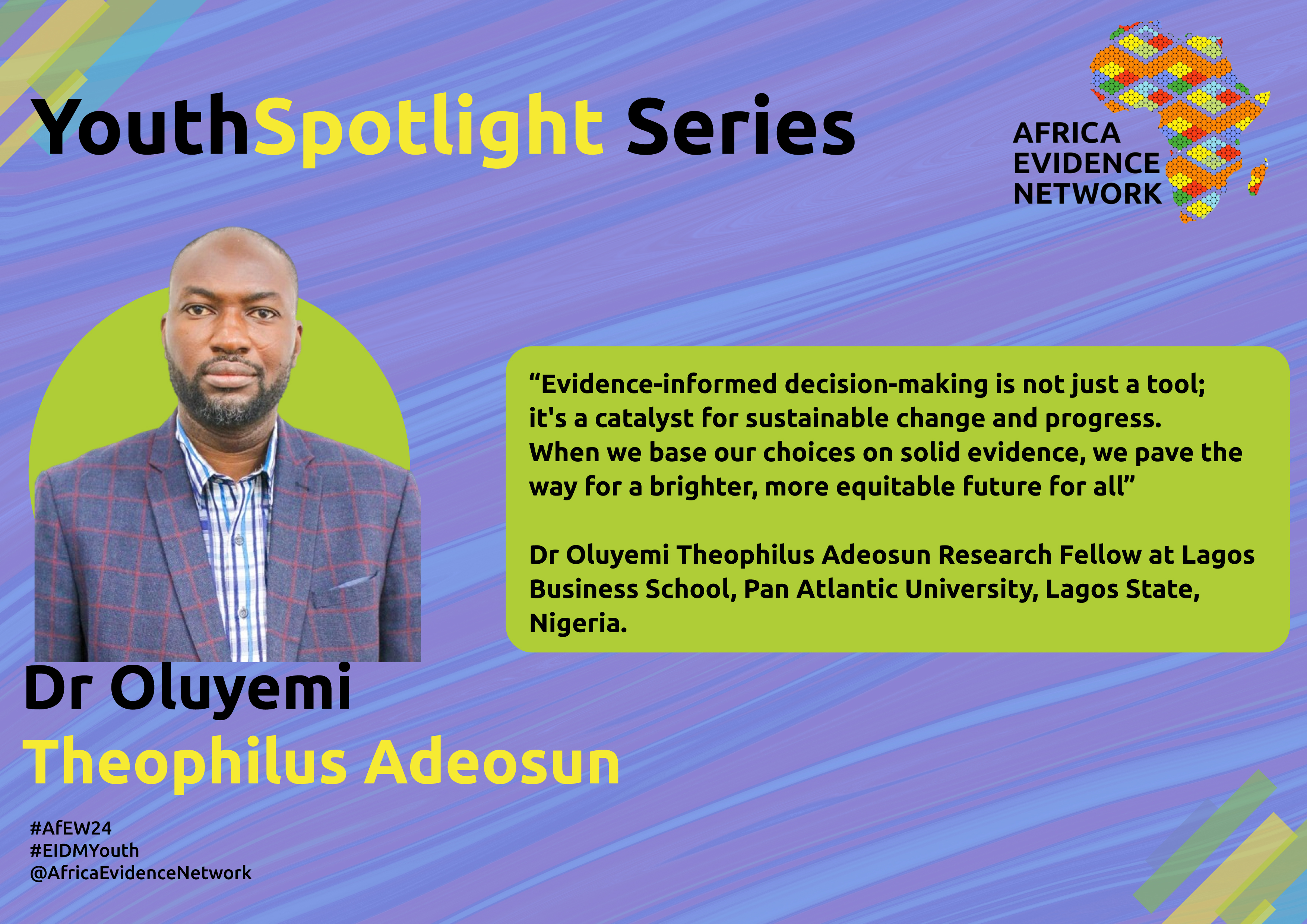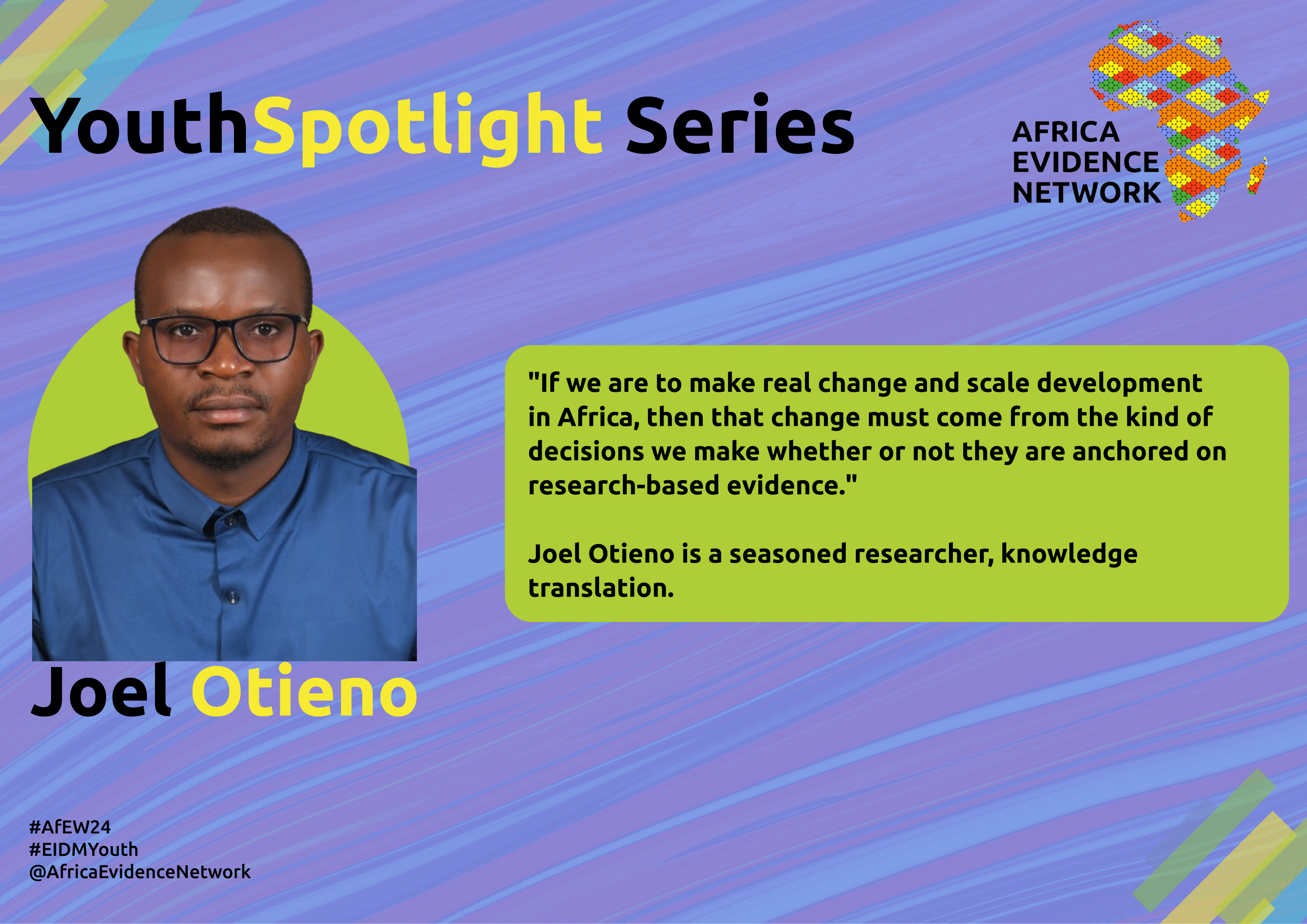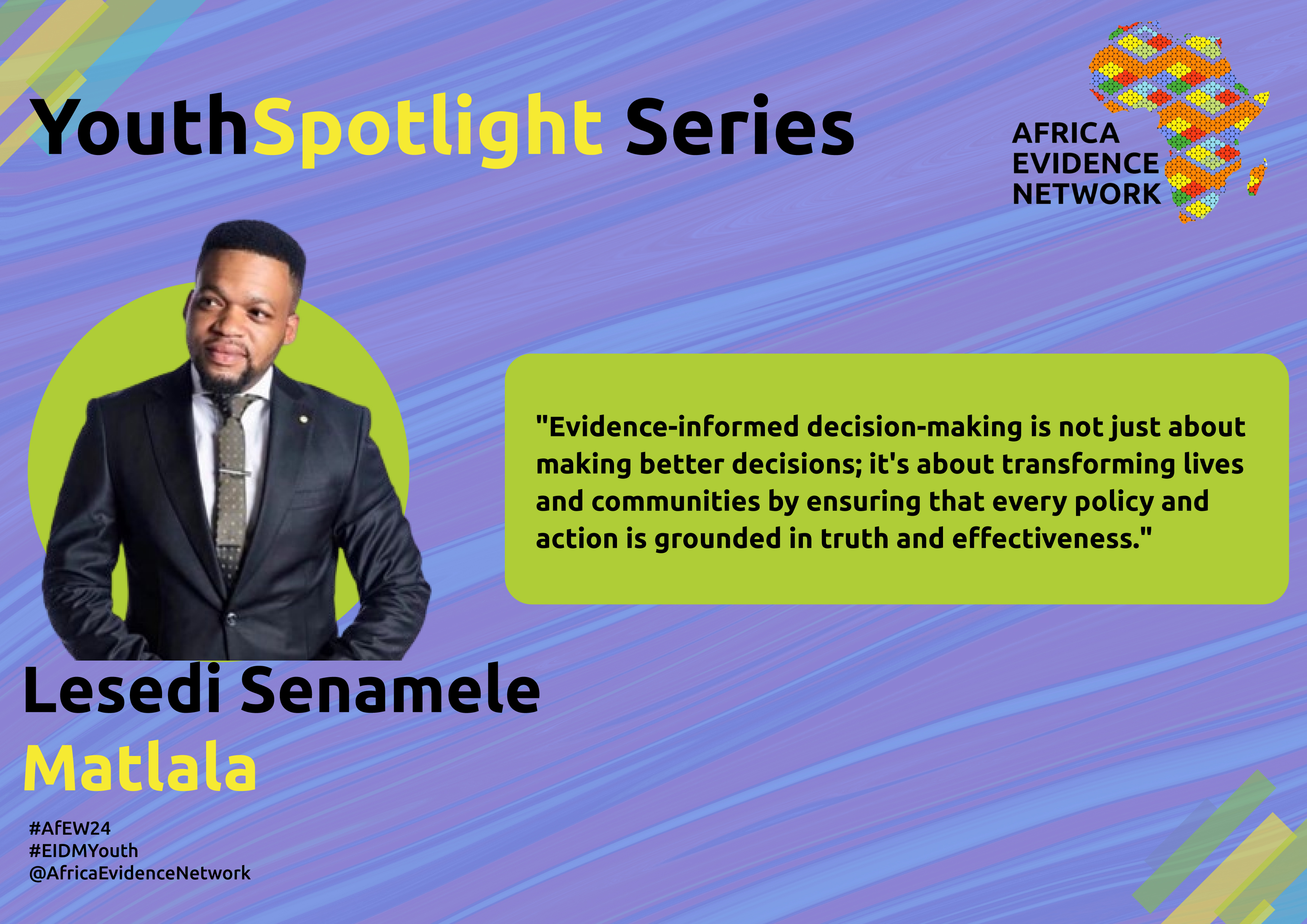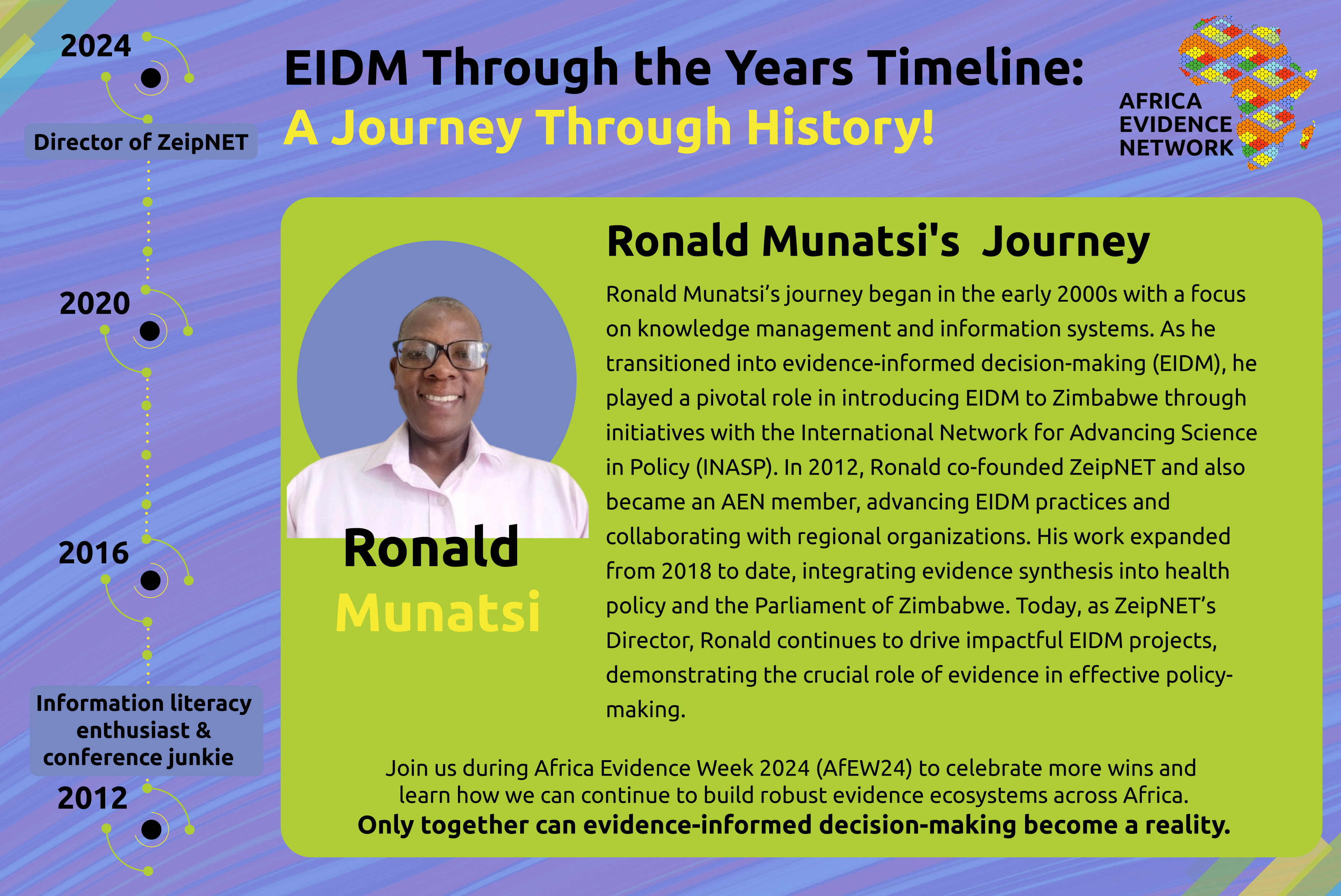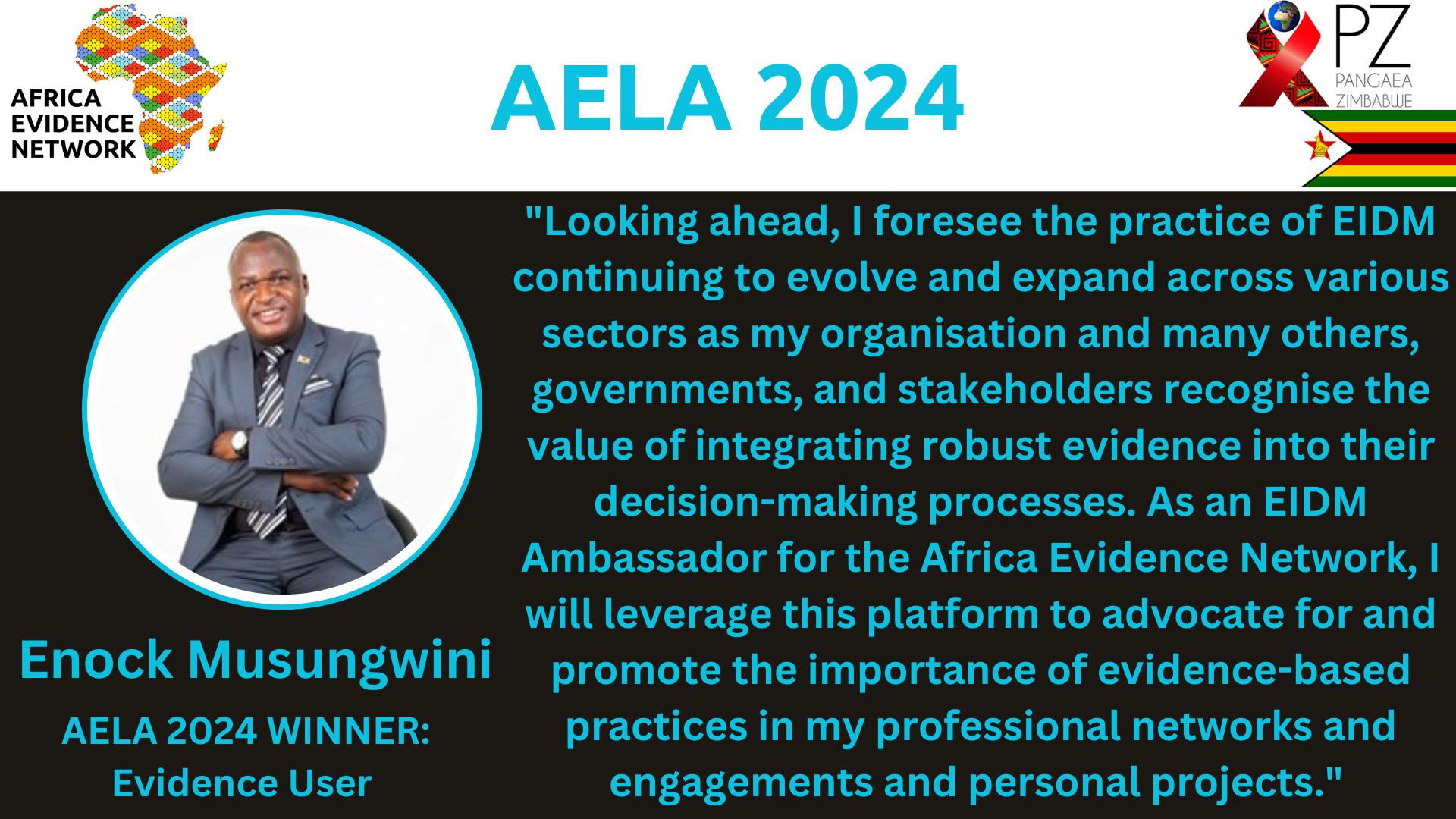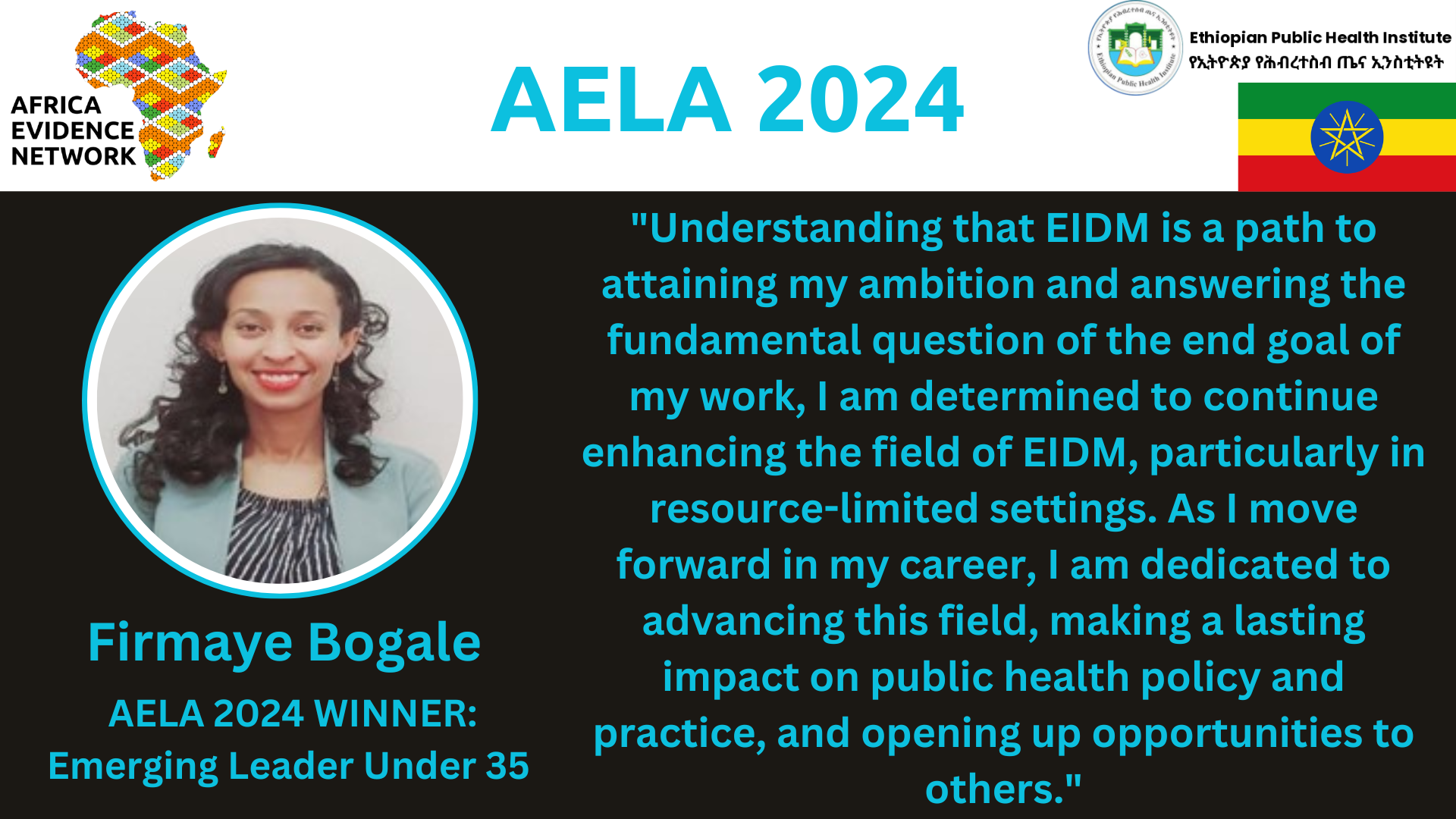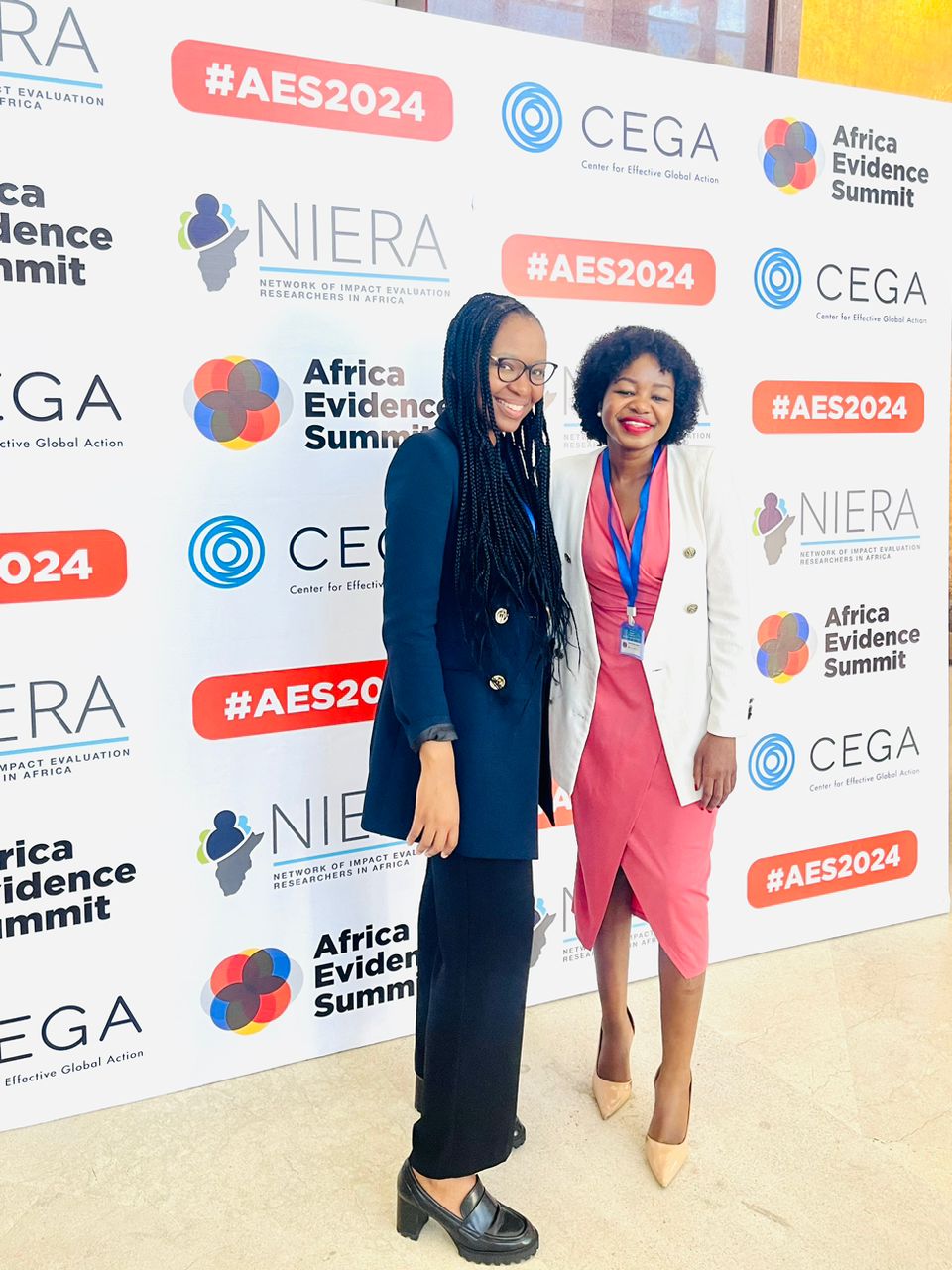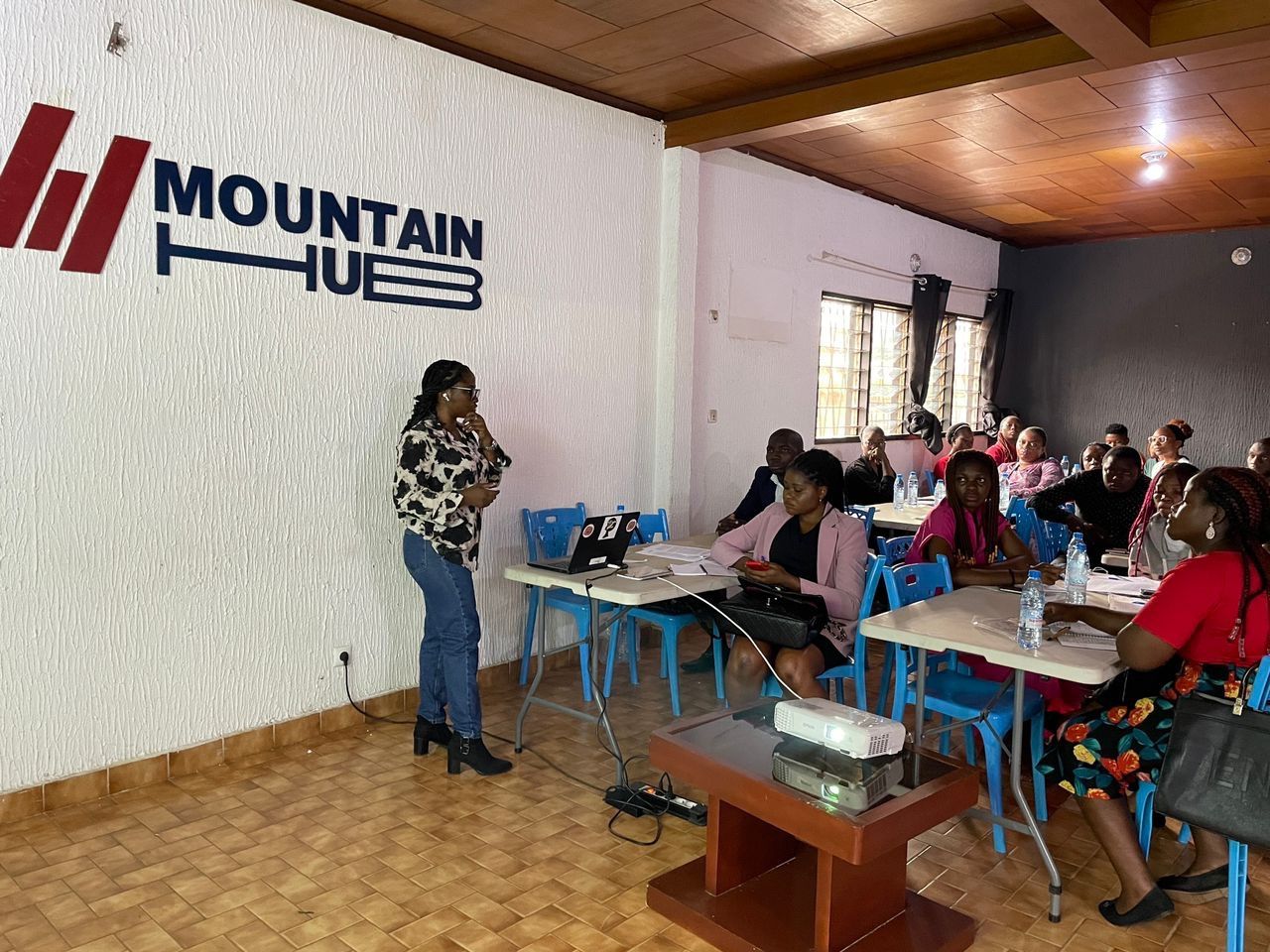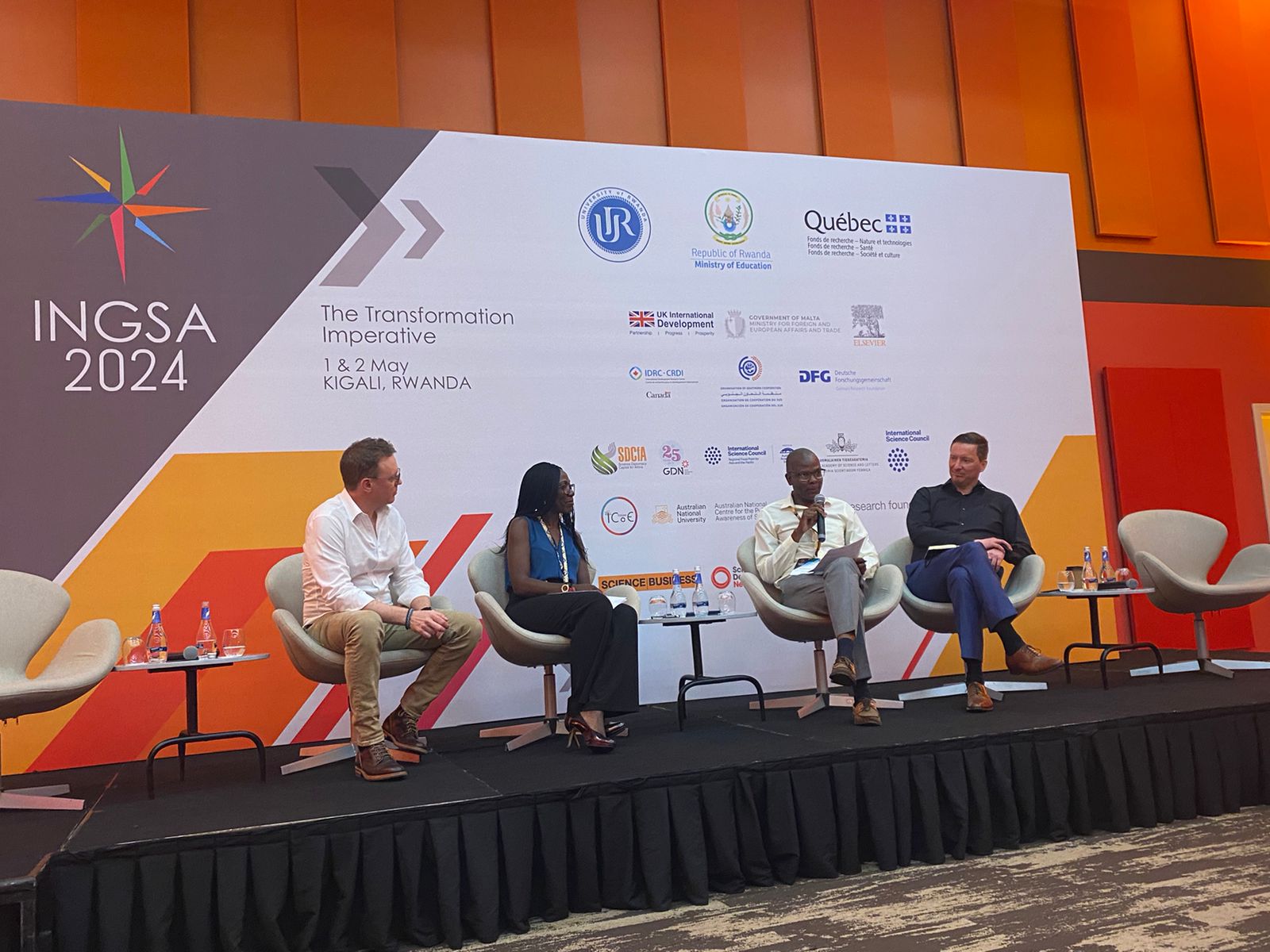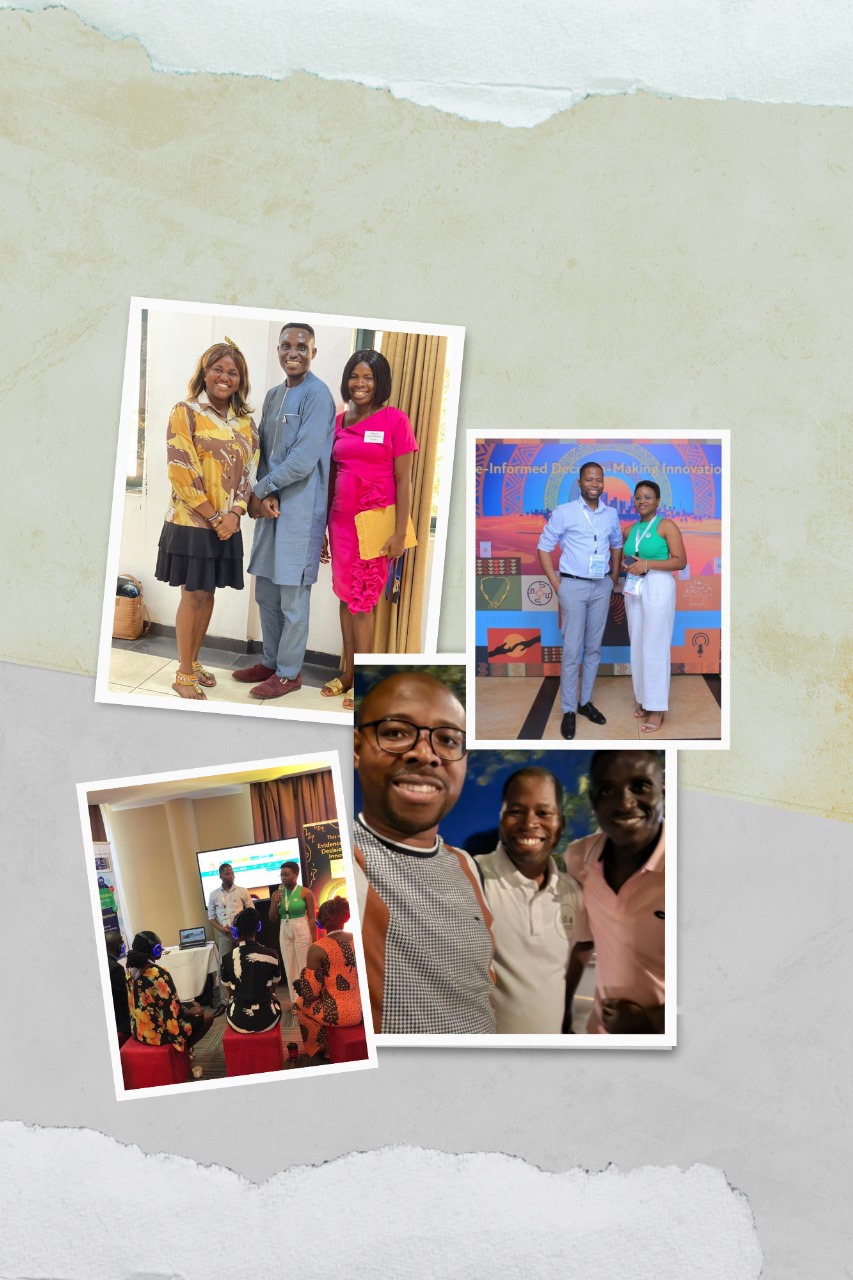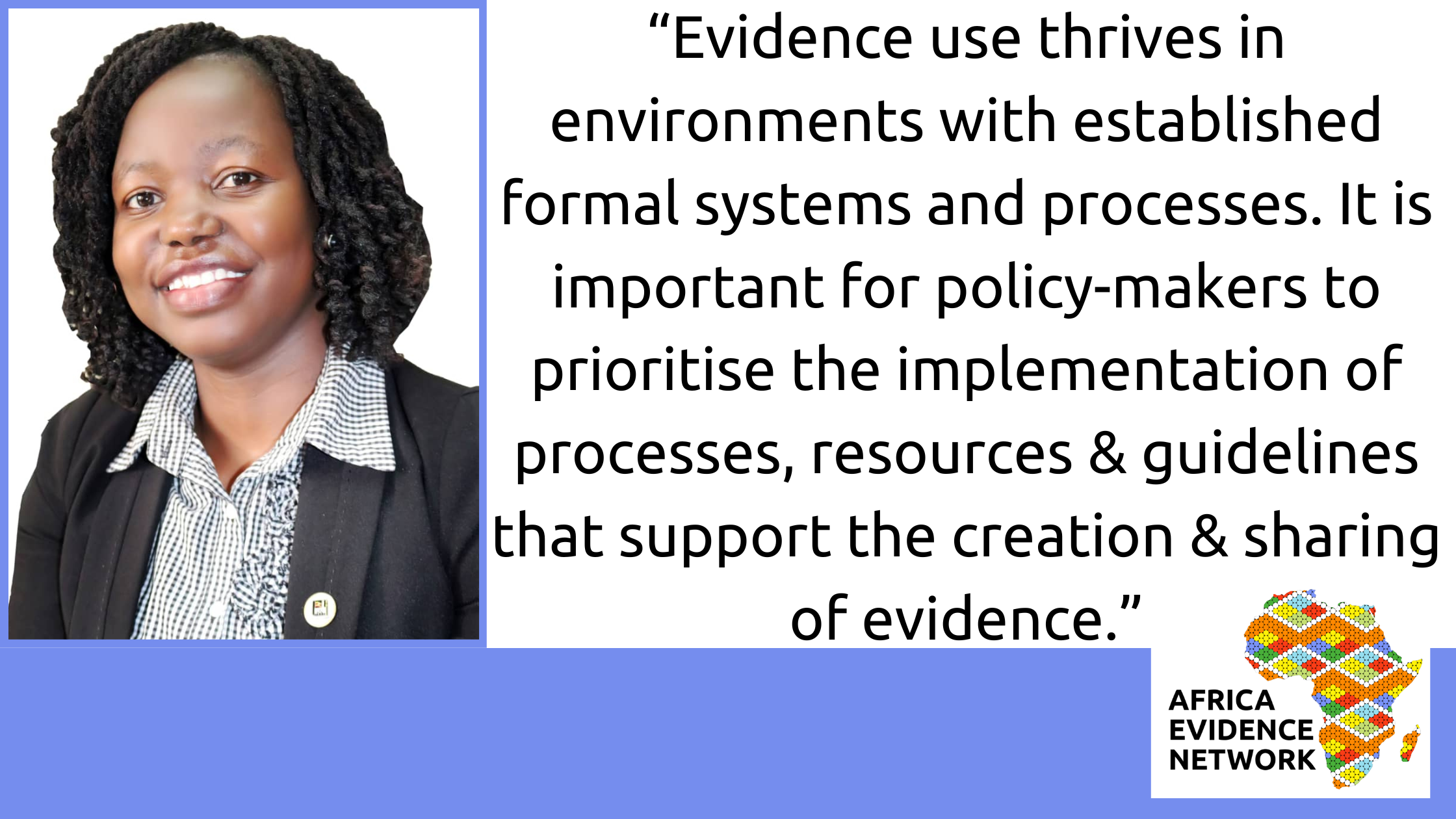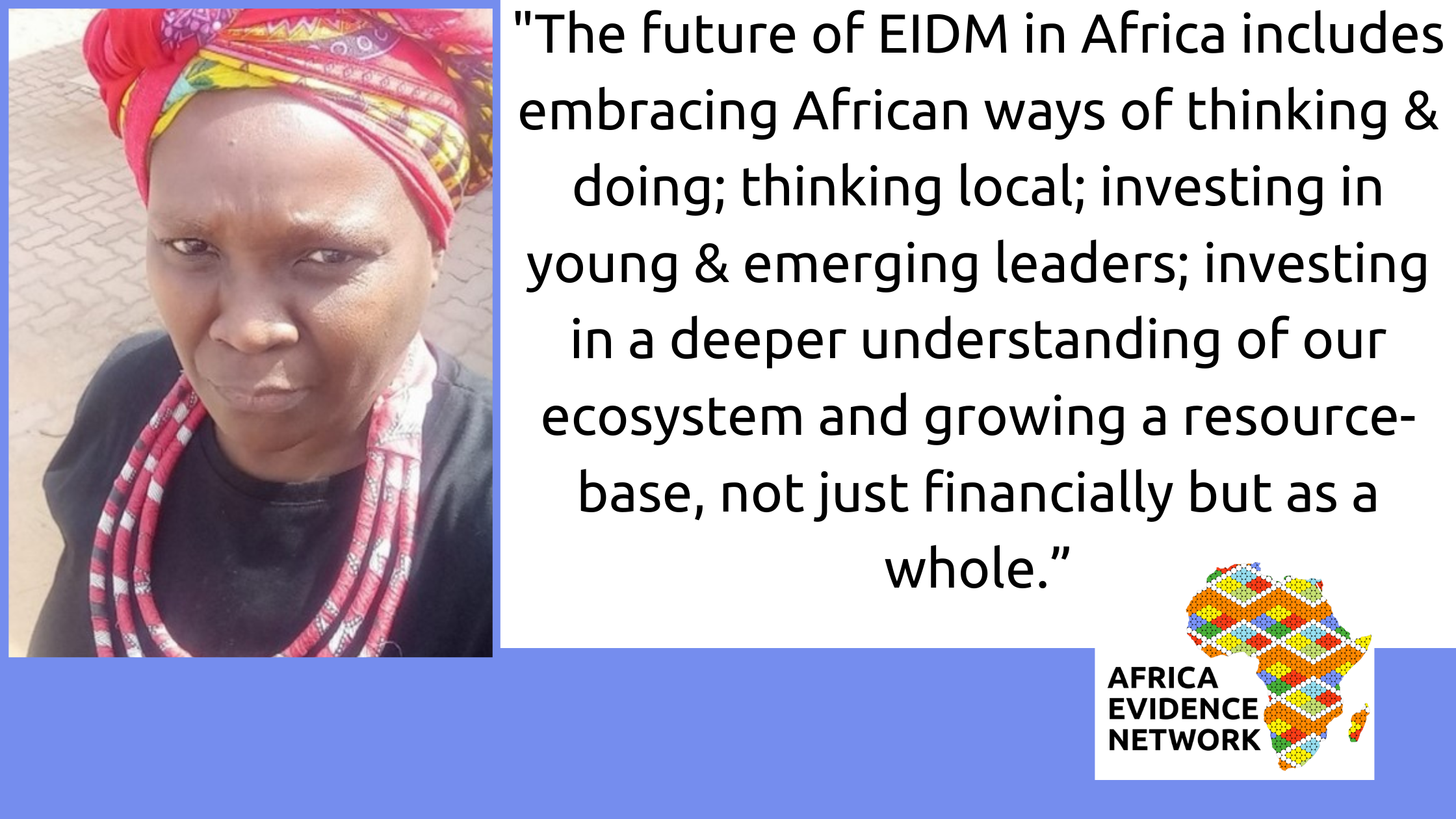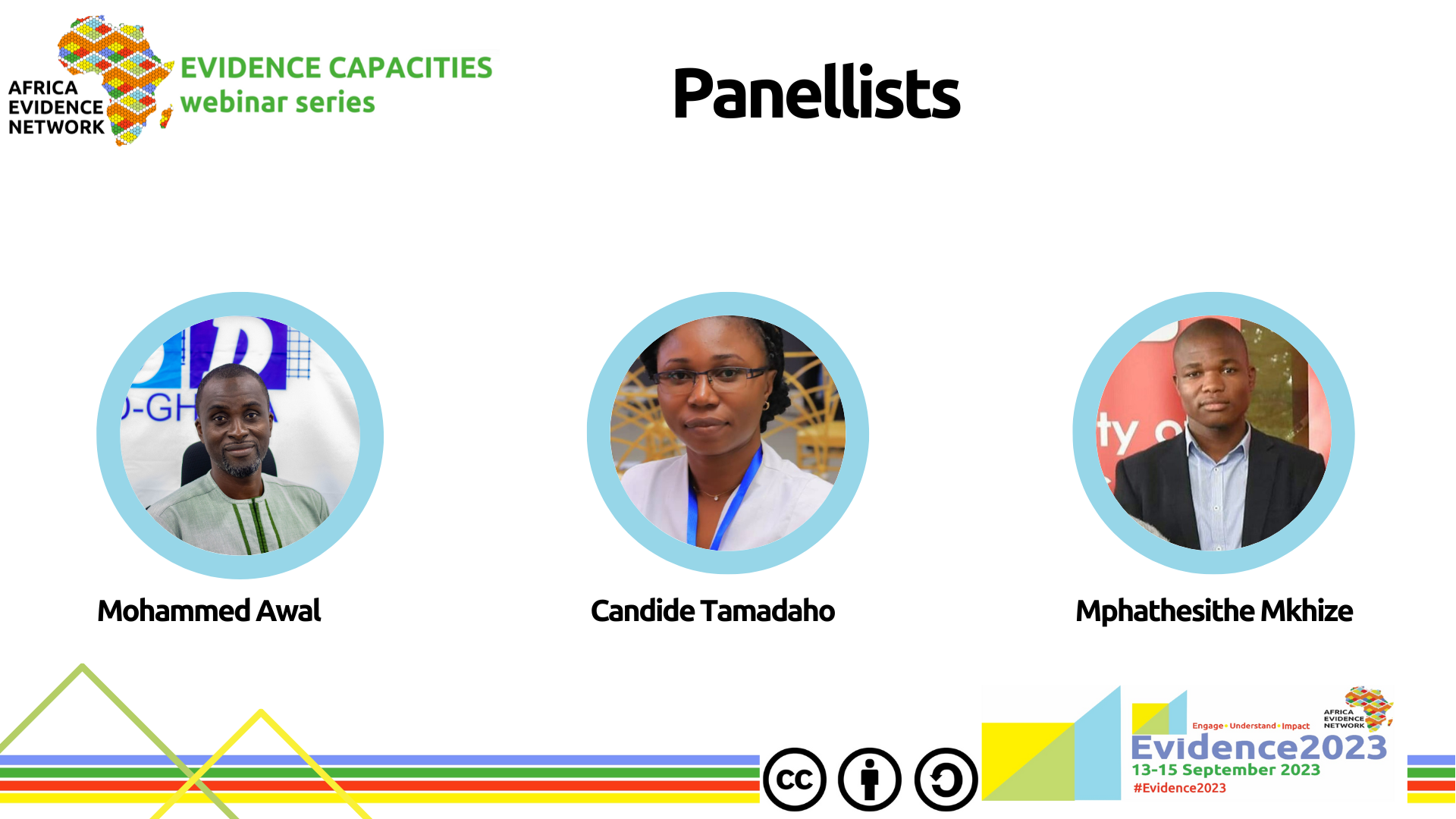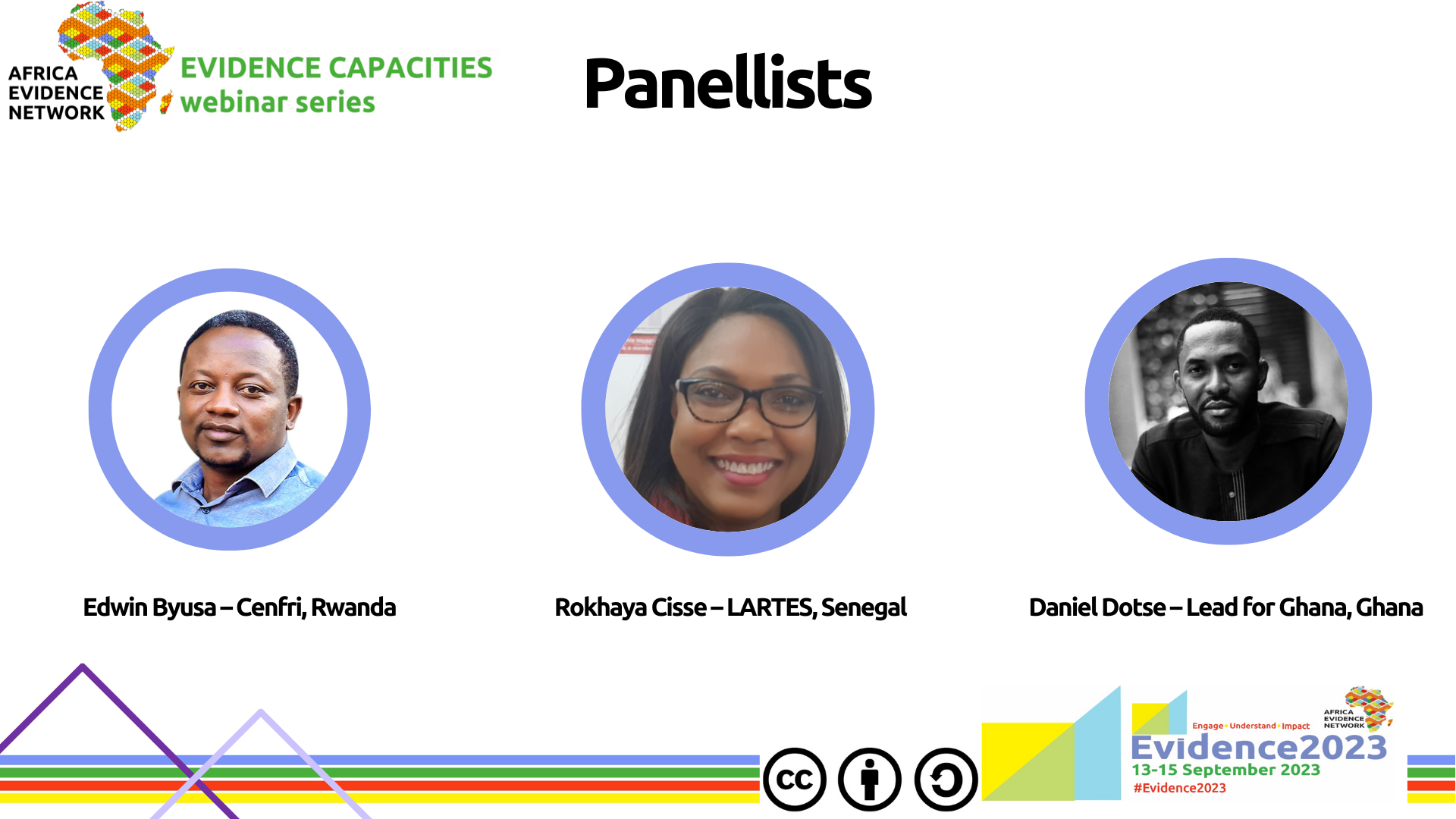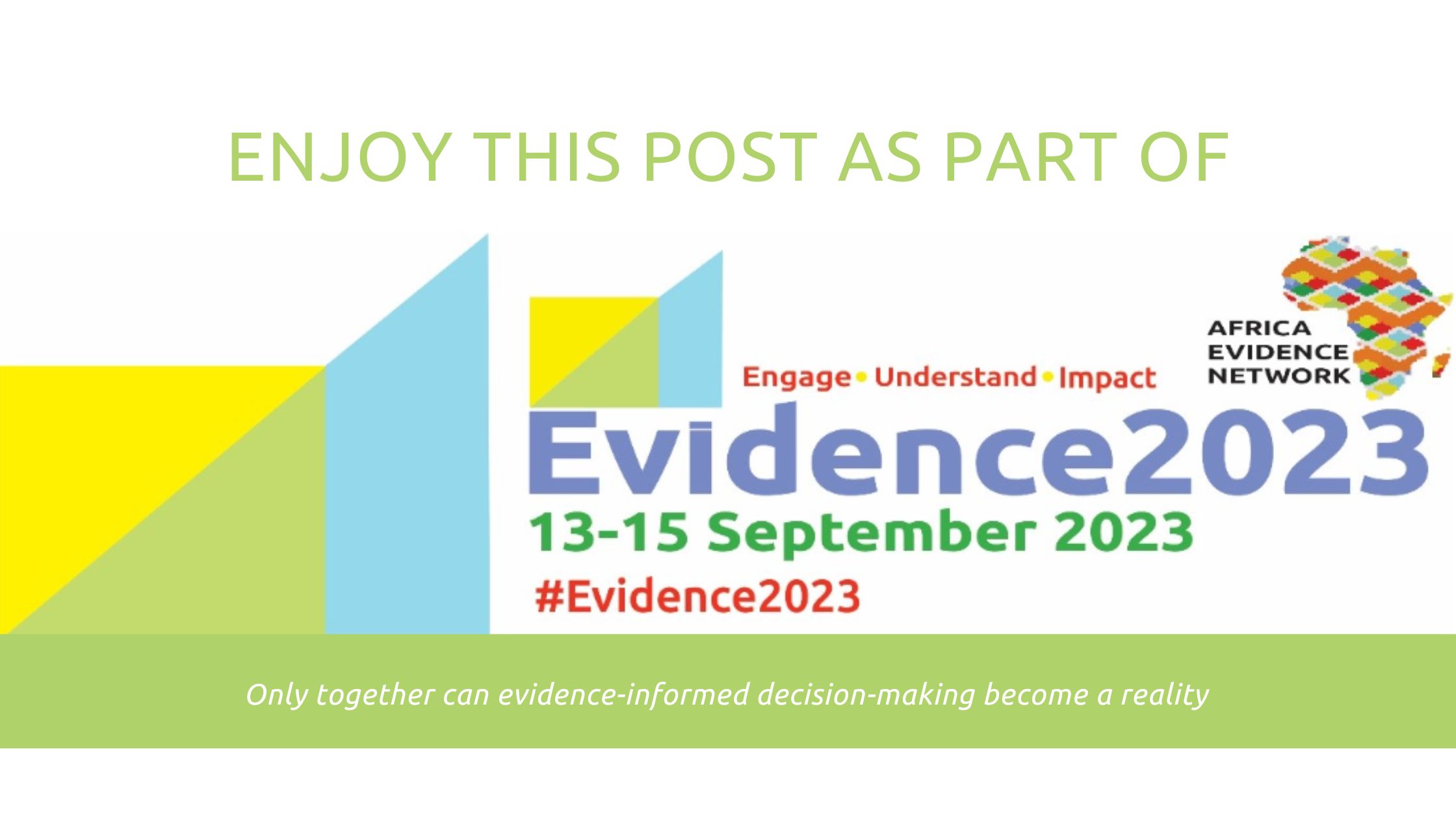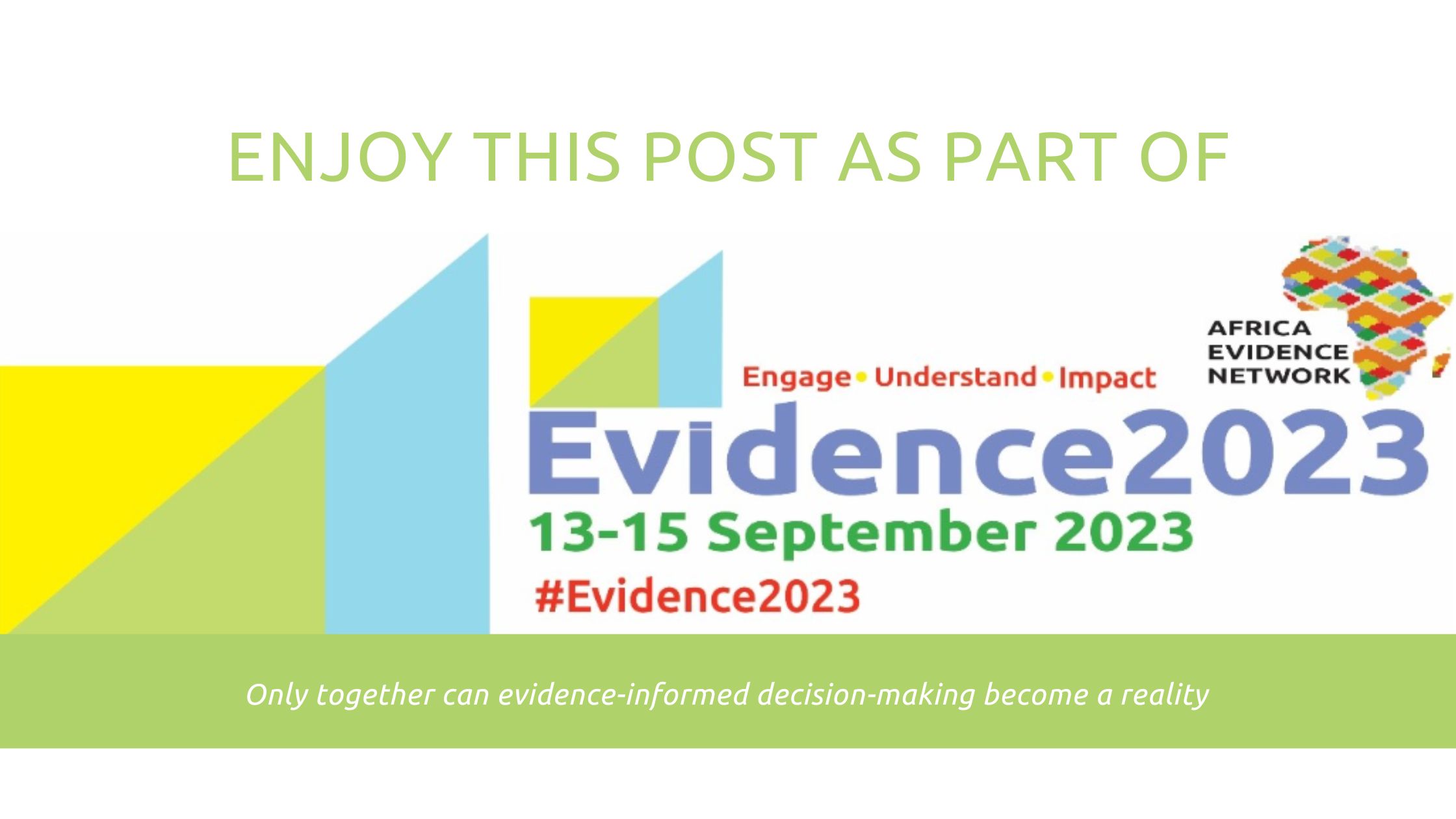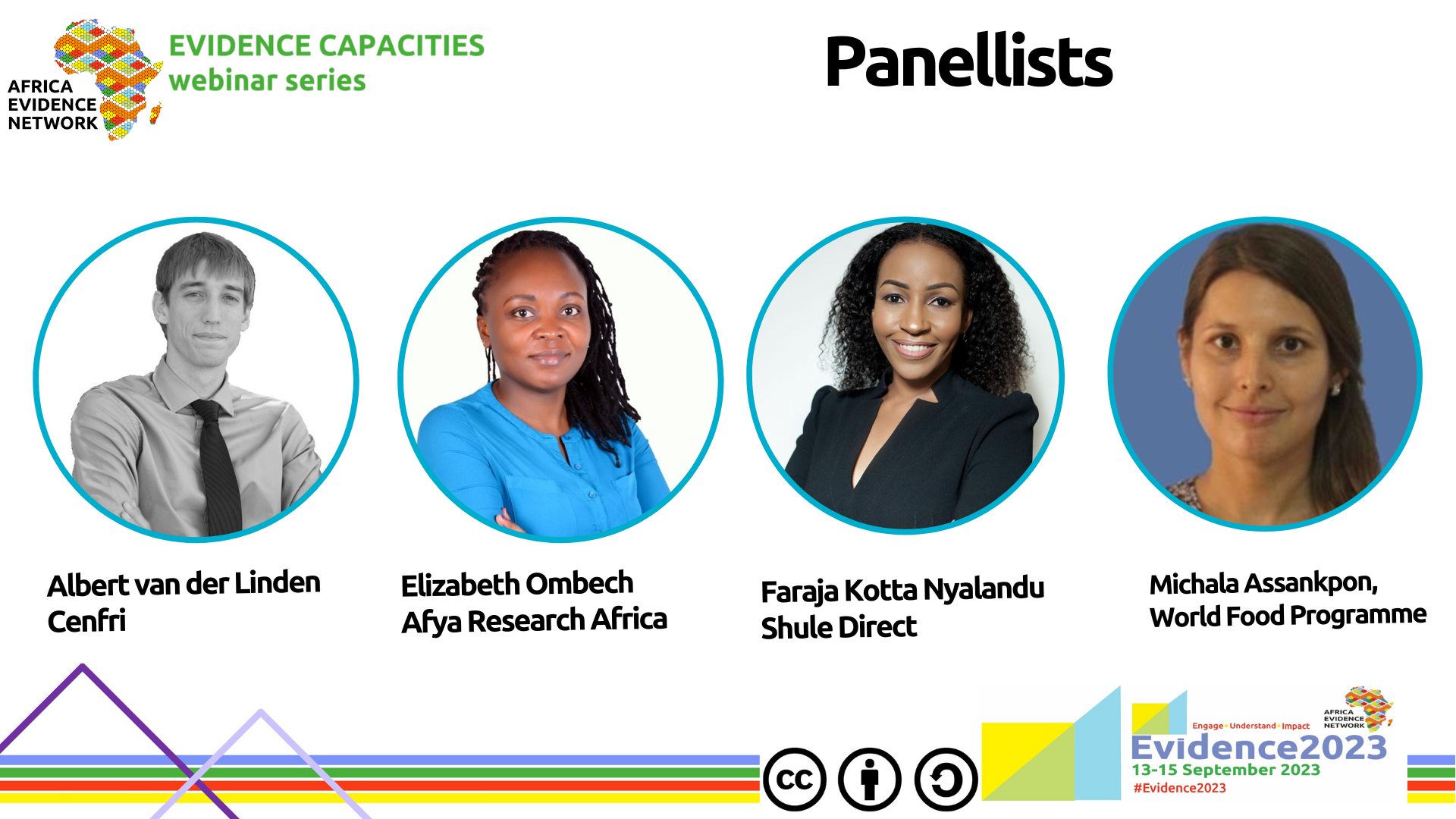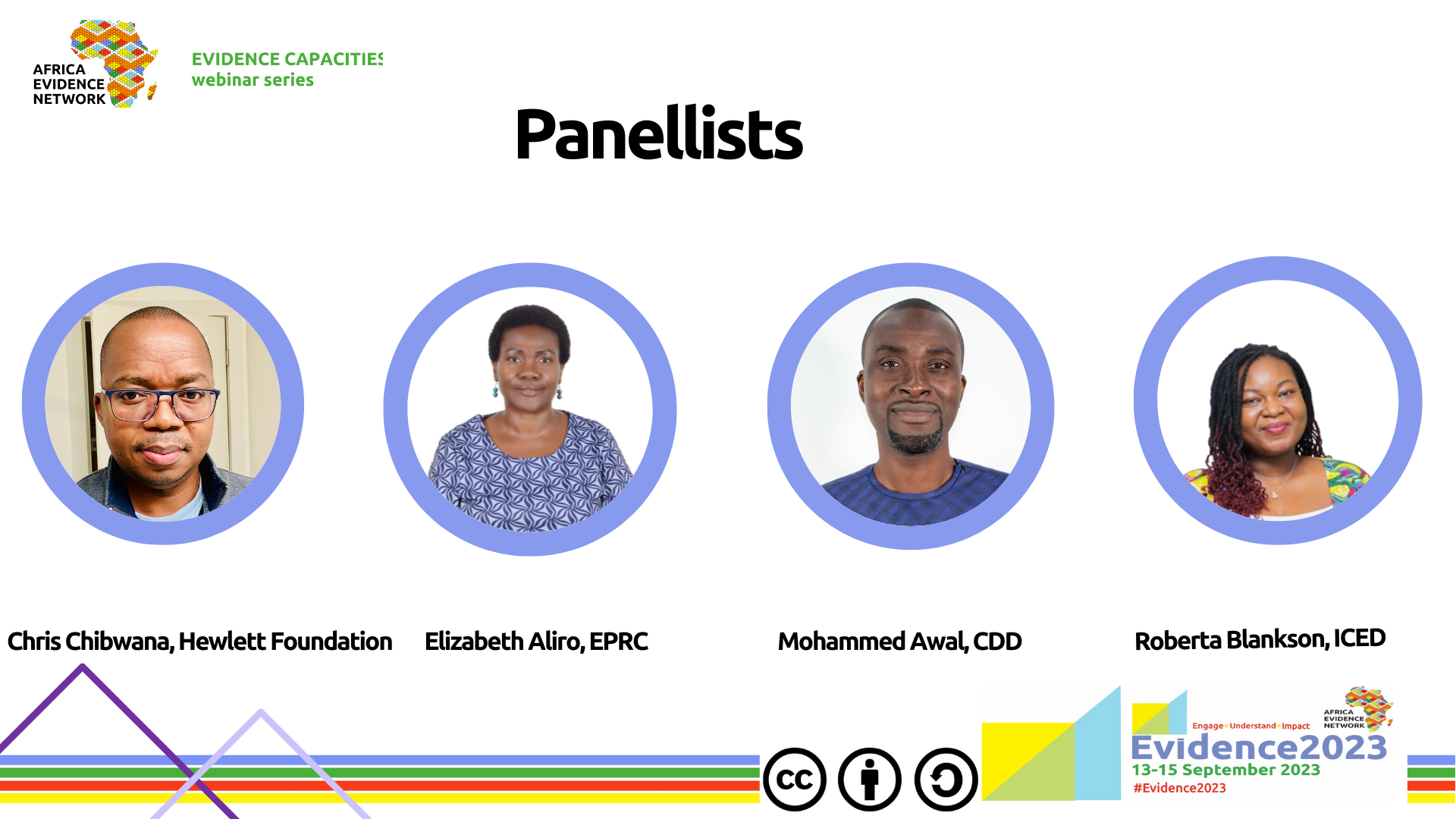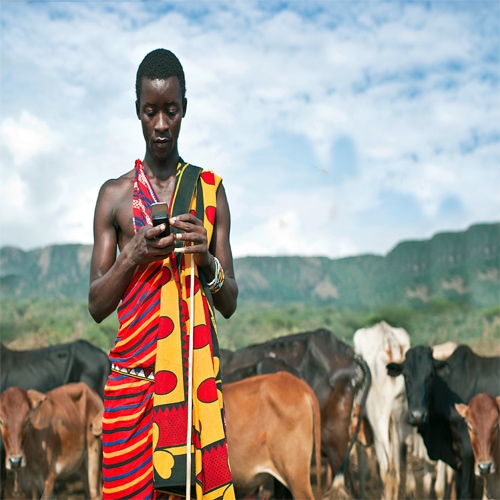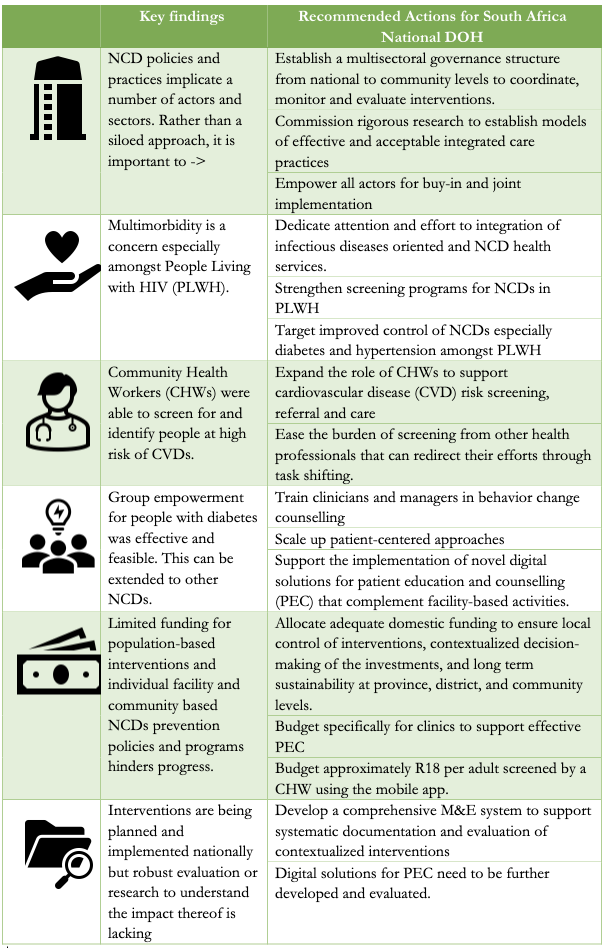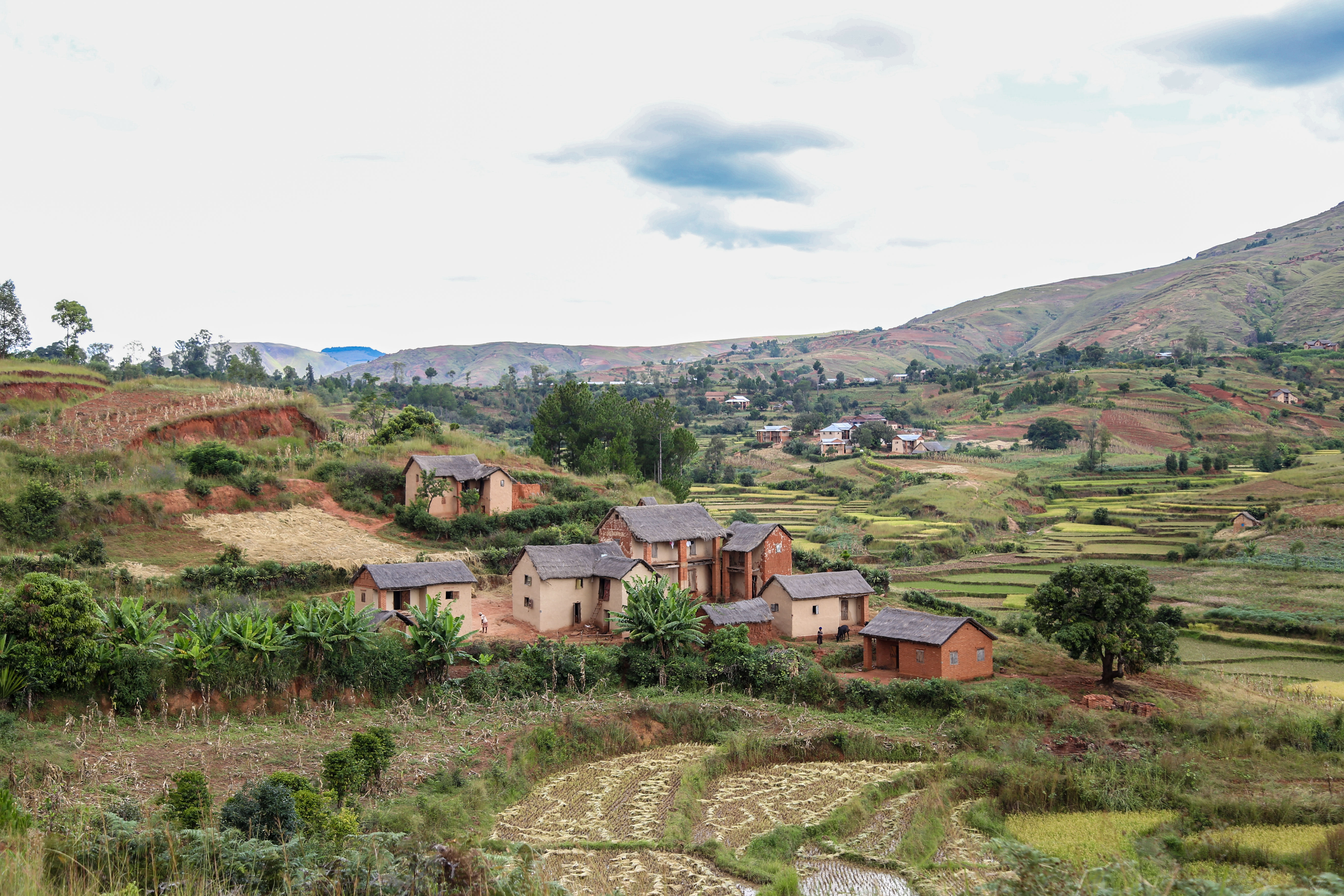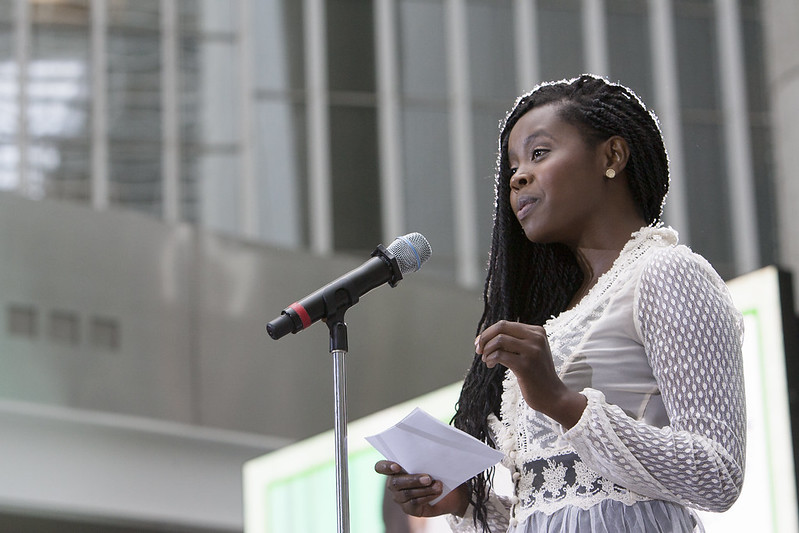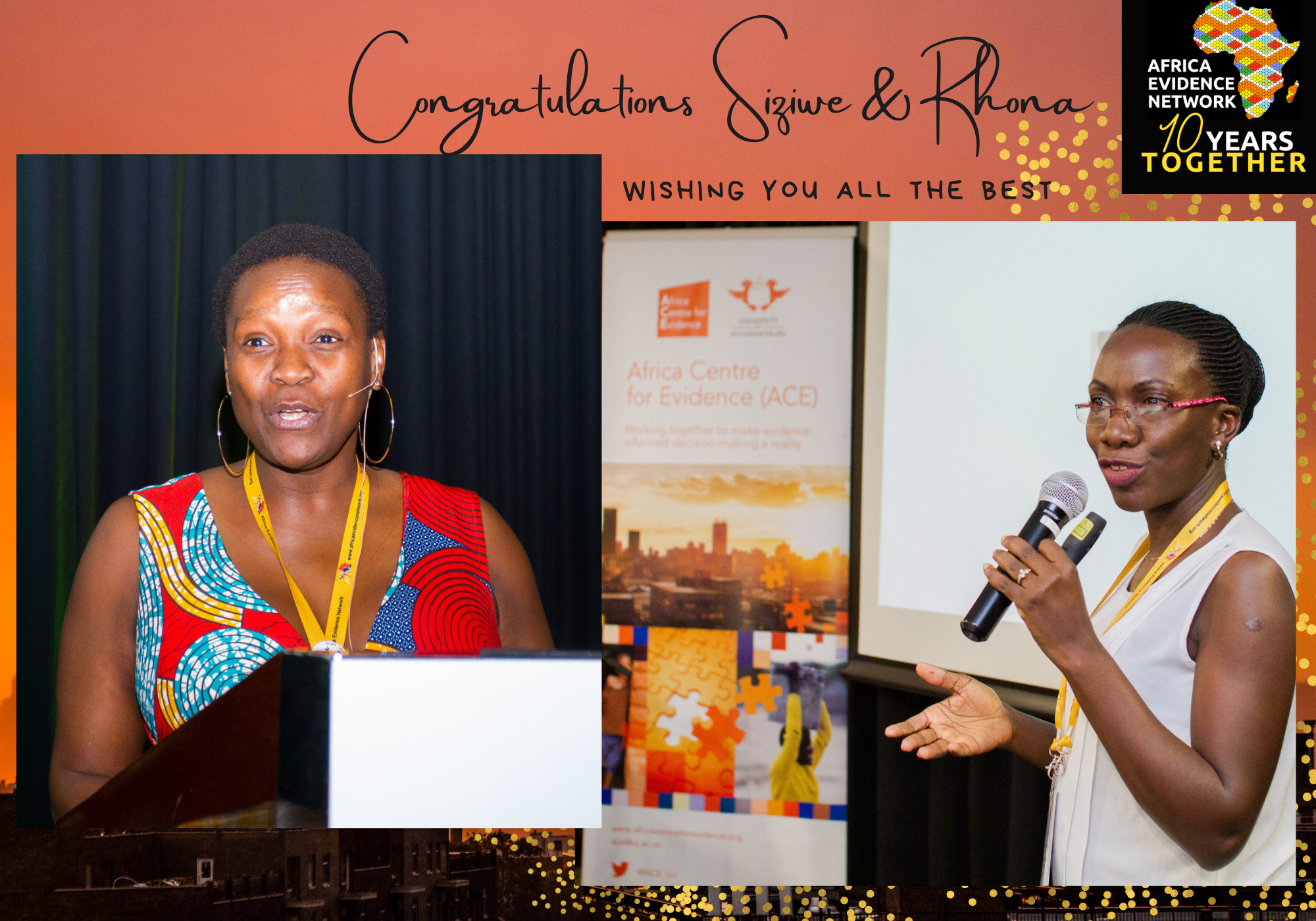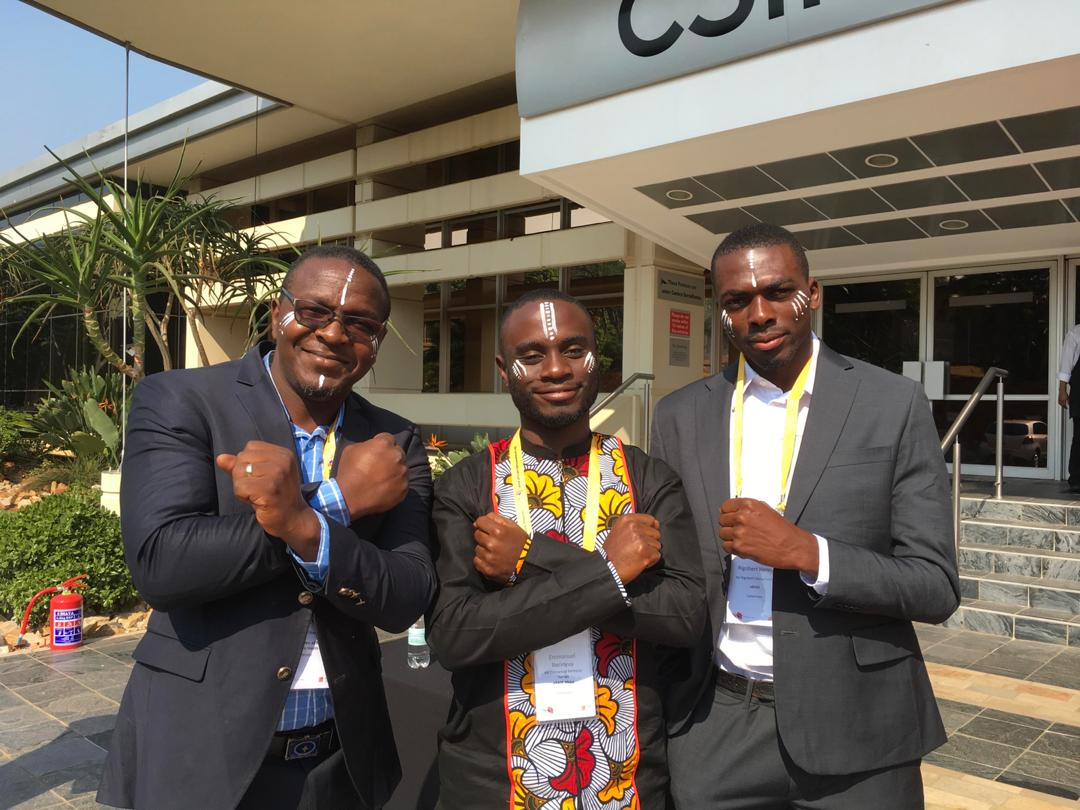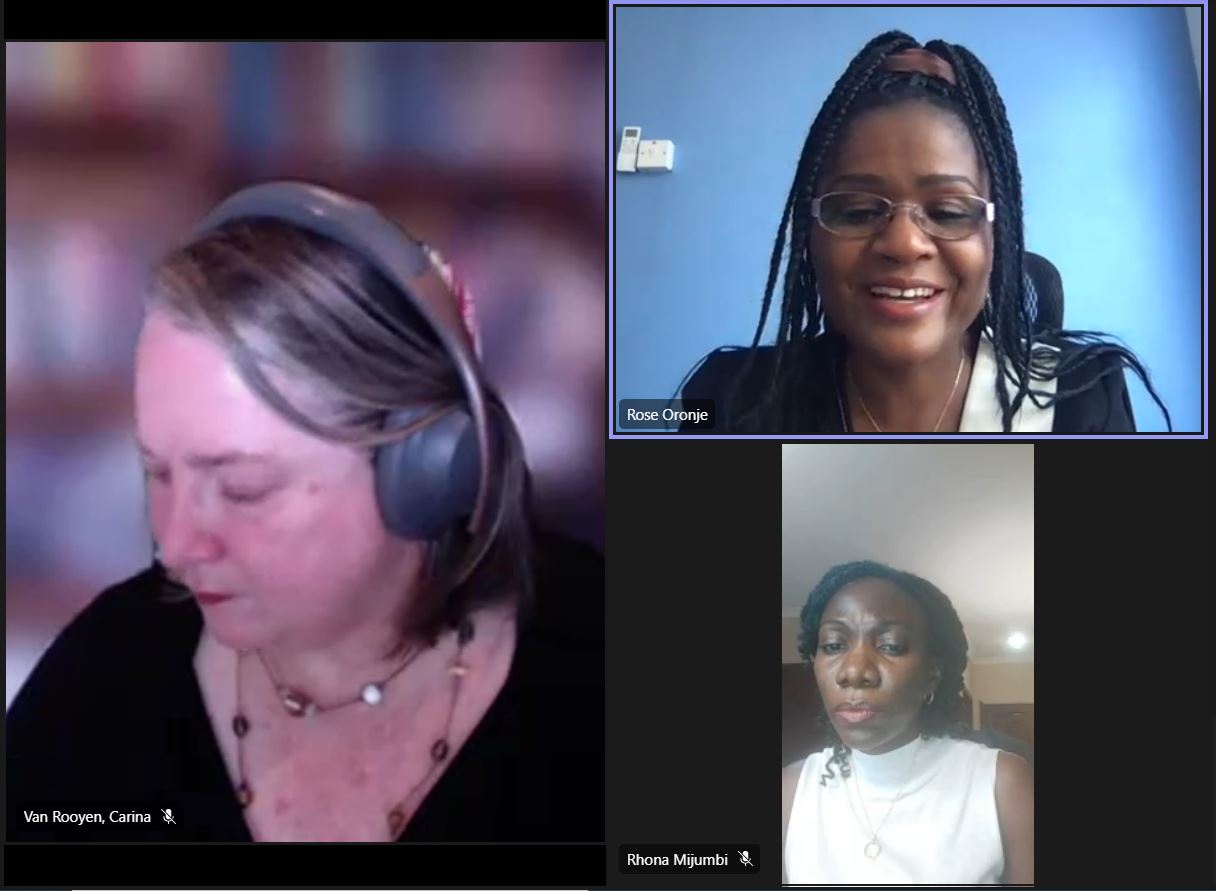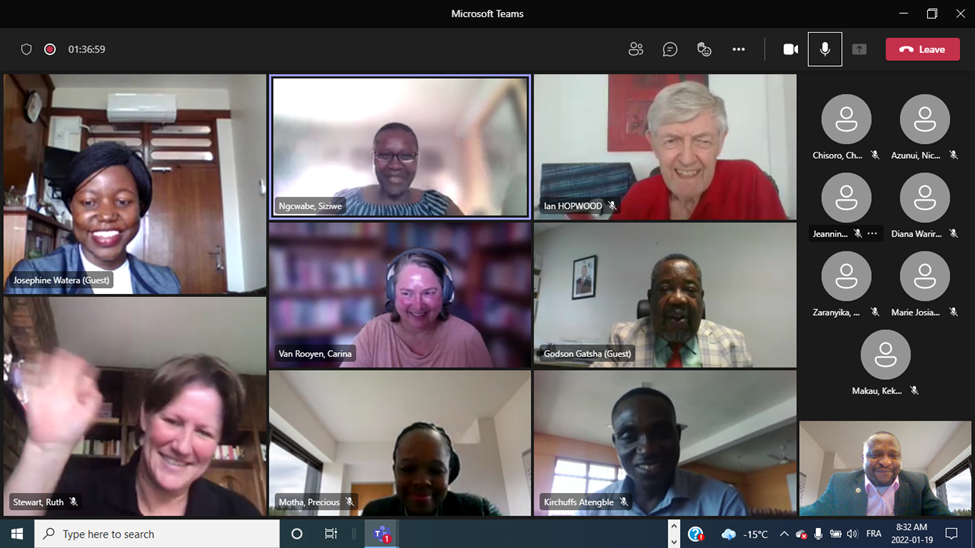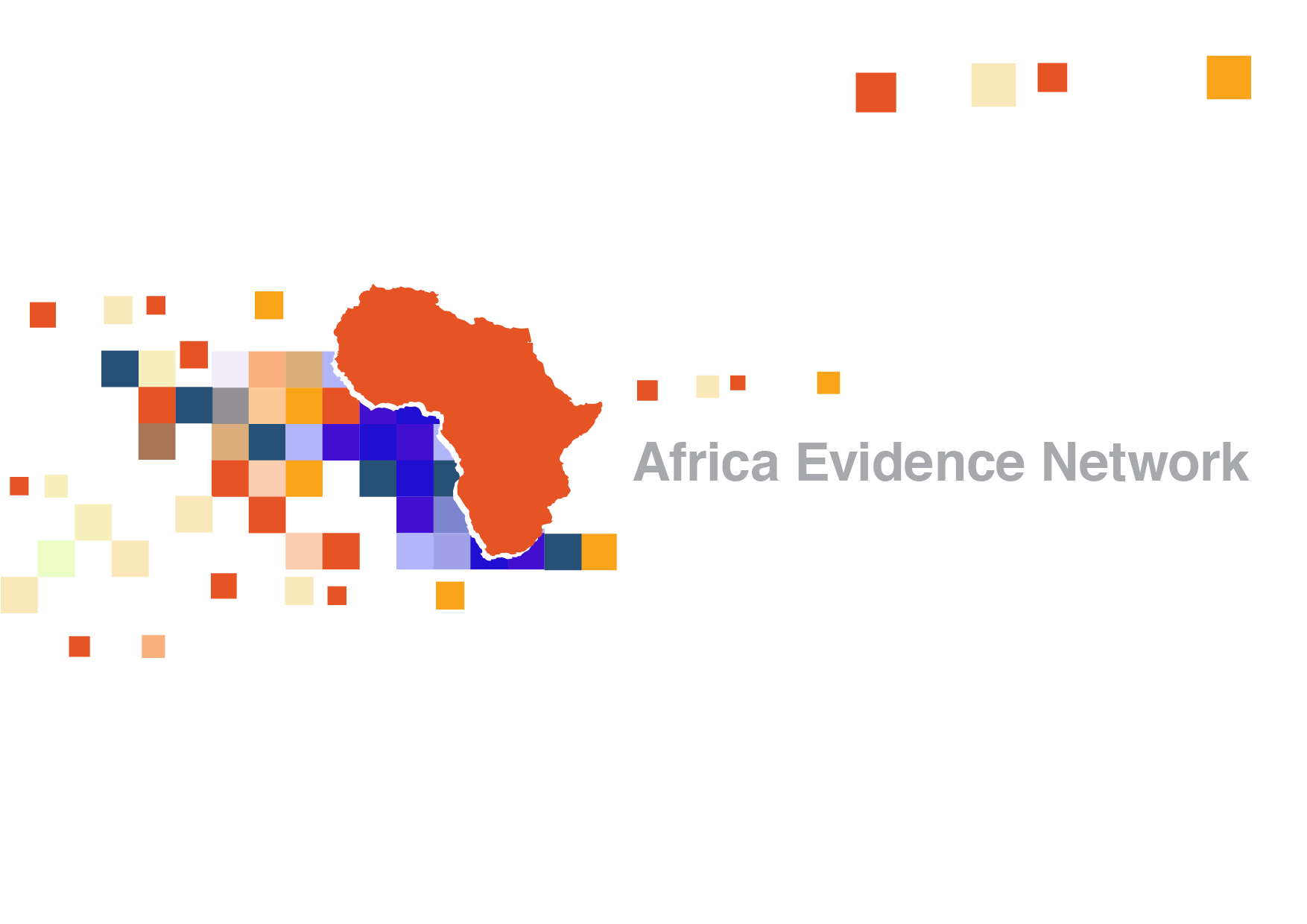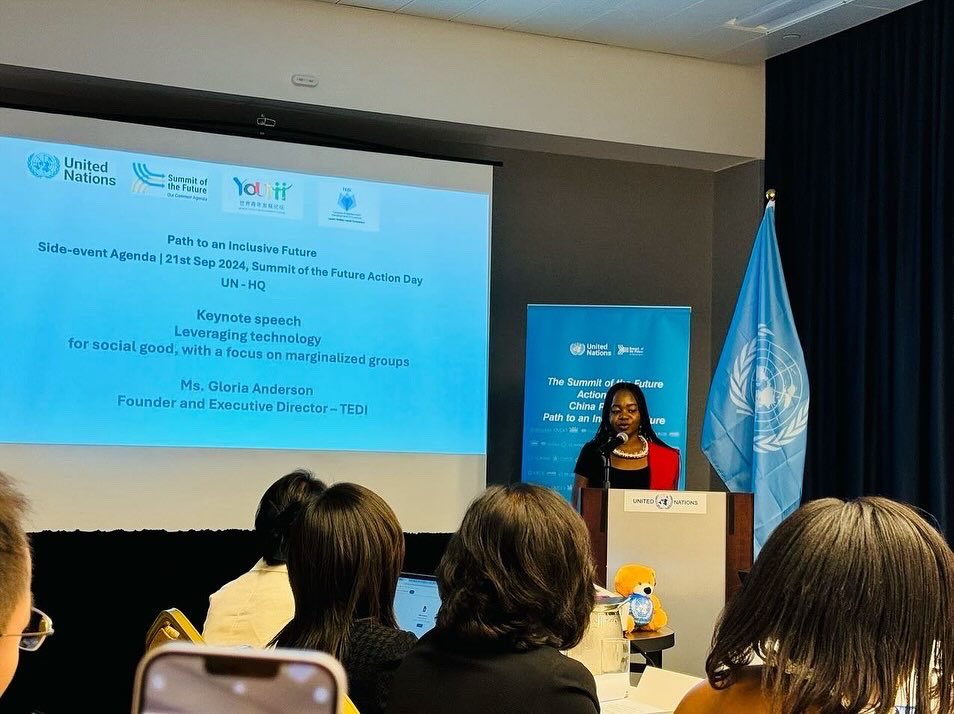
My journey to the United States for the Summit of the Future was an incredible experience filled with powerful moments, inspiring meetings, and opportunities to connect with global leaders committed to shaping a brighter future for youth around the world. As a representative of the World Youth Development Forum (WYDF) and the Action Programme for Global Youth Development, I was honoured to engage with various stakeholders at the United Nations and beyond, advocating for youth-driven solutions and digital empowerment.
One of the key takeaways from my participation in these high-level dialogues was the growing recognition of evidence-informed decision-making (EIDM)'s role in achieving sustainable development and inclusive growth. At a time when global agendas require collaborative solutions, using evidence to shape policies and strategies is crucial to drive impactful change.
September 20: Engaging with African Youth at the Summit of the Future
On September 20th, I attended a side event organised by the African Union under the theme "Our World, Our Future: African Youth and the Summit of the Future - Transforming Africa with Youth-Driven Solutions." It was an opportunity to share my insights on the importance of African youth leaders advocating for implementing policies that drive our continent's development.
Later that day, I participated in the Action Day 1 opening ceremony at the United Nations Headquarters, which featured a high-level dialogue with the UN Secretary-General—the day concluded with a session focused on "Intergenerational Solidarity and Equity for a Shared Future," where we discussed bridging generational gaps to create a more inclusive society.
These discussions reaffirmed my belief in the need for a systematic approach to policy-making, one that is grounded in robust evidence and driven by data. Evidence-informed decision-making should be at the heart of our efforts to transform African societies, ensuring that the strategies we advocate for are effective, sustainable, and responsive to the needs of our communities.
September 21: Keynote Speech and Meeting with Felipe Paullier
One of the highlights of my journey was on September 21st, when I had the honour of delivering a keynote speech at the Summit of the Future Action Days - China Pavilion on the theme "Path to an Inclusive Future." My talk focused on "Leveraging Technology for Social Good, focusing on Marginalized Groups." It was a privilege to share the stage with distinguished leaders like Ms Ningning XIAO, Ms Xiangyi WANG, Dr Raj Chintaram, and other global change-makers. My message was clear: in the 21st century, digital access should be recognised as a fundamental right for everyone, particularly for underprivileged youth, to ensure they can access global and local opportunities.
Additionally, it was a great honour to meet with Mr. Felipe Paullier, the Assistant Secretary-General for Youth Affairs at the United Nations Youth Office. I had the invaluable opportunity to share our impactful work at TEDI. Engaging with such a key figure in youth affairs reinforced my belief in the importance of our mission and the global support required to uplift youth worldwide.
This experience underscored a critical lesson: without evidence and research to guide our efforts, even the most well-intentioned initiatives can fall short of their goals. By embedding evidence-informed decision-making in our youth empowerment programs, we can create more targeted interventions that effectively address the root causes of inequalities and drive sustainable development.
The Role of Evidence in Achieving Global Agendas
The United Nations Summit of the Future Action Days highlighted the importance of global collaboration and innovation in addressing some of the world's most pressing challenges. As I reflect on my journey, it is clear that evidence-informed decision-making is not just a best practice but a necessity in formulating equitable and effective policies.
At the Africa Evidence Network, we understand that leveraging evidence to inform decisions is critical to fostering sustainable development and enhancing the impact of our interventions. By continuously advocating for EIDM in global and regional agendas, we can ensure that youth-driven solutions are innovative and grounded in data and best practices that yield long-term results.
As we move forward, let us remain committed to integrating evidence into every aspect of our decision-making processes to create a future where policies are shaped by research, driven by impact, and executed with purpose.
About the author: Gloria Anderson is the Founder and Executive Director of Tanzania Enlightenment Development Innovations (TEDI), a non-governmental organisation dedicated to improving the quality of education in Tanzania by integrating practical skills into the educational system. Under her leadership, TEDI provides programs such as entrepreneurship and employability skills training and digital literacy initiatives. One of her notable projects, "One Computer Lab One School," aims to establish computer labs in under-resourced public schools, equipping students and teachers with essential computer skills, including e-learning and e-teaching through educational tools, e-libraries, and e-platforms.
In addition to her role at TEDI, Gloria manages stakeholders and communities of practice at the Africa Evidence Network. Her expertise in stakeholder engagement and community development enhances her ability to drive impactful initiatives and foster collaboration within the network.
TEDI was founded based on evidence from a research study conducted by Gloria on graduates' perceptions of the contribution of university education to employability in Tanzania. The study revealed a significant gap between theoretical knowledge provided by the education system and the practical skills required in the job market and business environment, with 66% of graduates reporting a lack of soft skills. Gloria believes the key to Africa's development is generating and utilising evidence to drive transformational impacts.
Acknowledgements: The author(s) is solely responsible for the content of this article, including all errors or omissions; acknowledgements do not imply endorsement of the content. The author is grateful to Charity Chisoro for her guidance in preparing and finalising this article, as well as her editorial support.
Disclaimer: The views expressed in published blog posts, as well as any errors or omissions, are the sole responsibility of the author/s and do not represent the views of the Africa Evidence Network, its secretariat, advisory or reference groups, or its funders; nor does it imply endorsement by the afore-mentioned parties.
Suggested citation: Anderson G (2024) From the United Nations Summit of the Future to Africa: The Need for Evidence-Informed Decision-Making. Blog posting on 17 October 2024. Available at: https://www.africaevidencenetwork.org/en/learning-space/article/371
